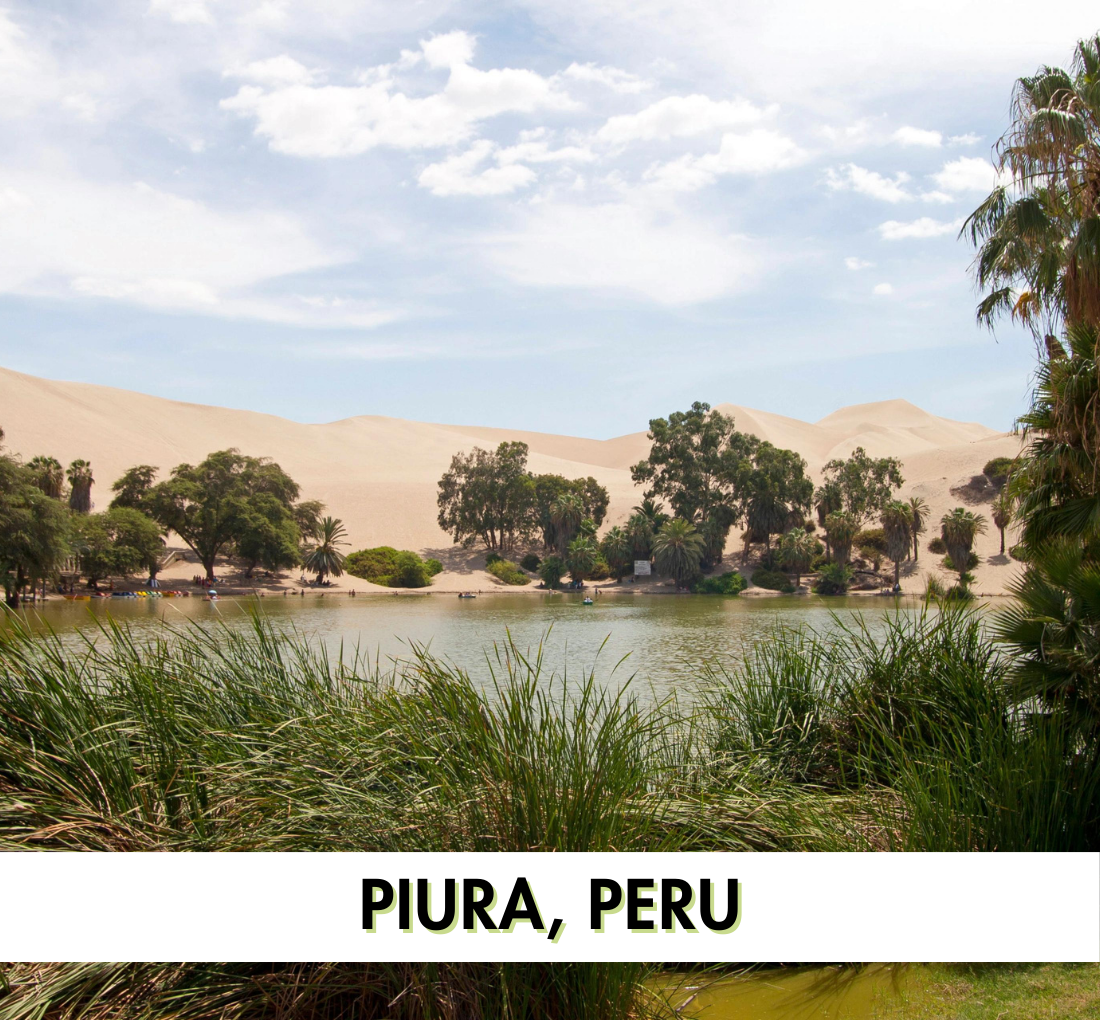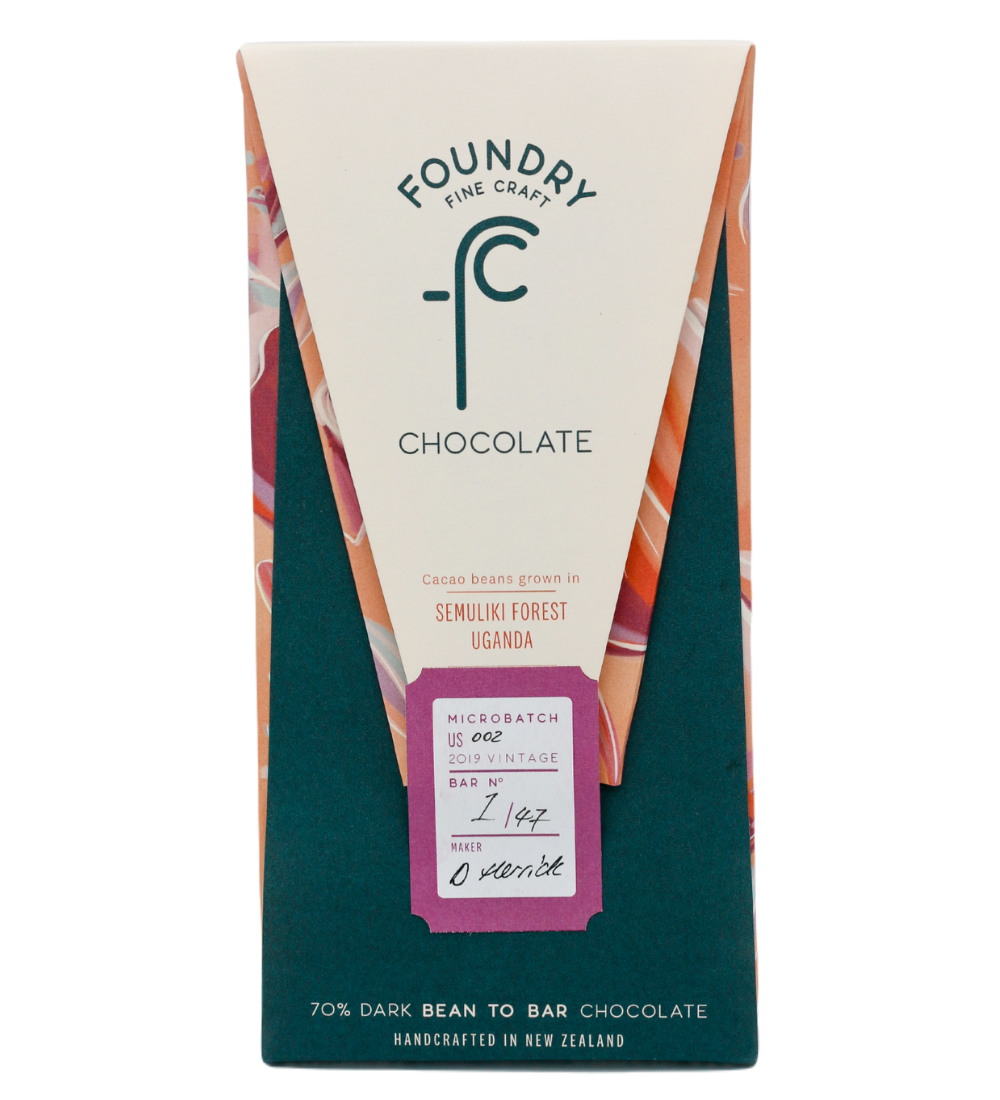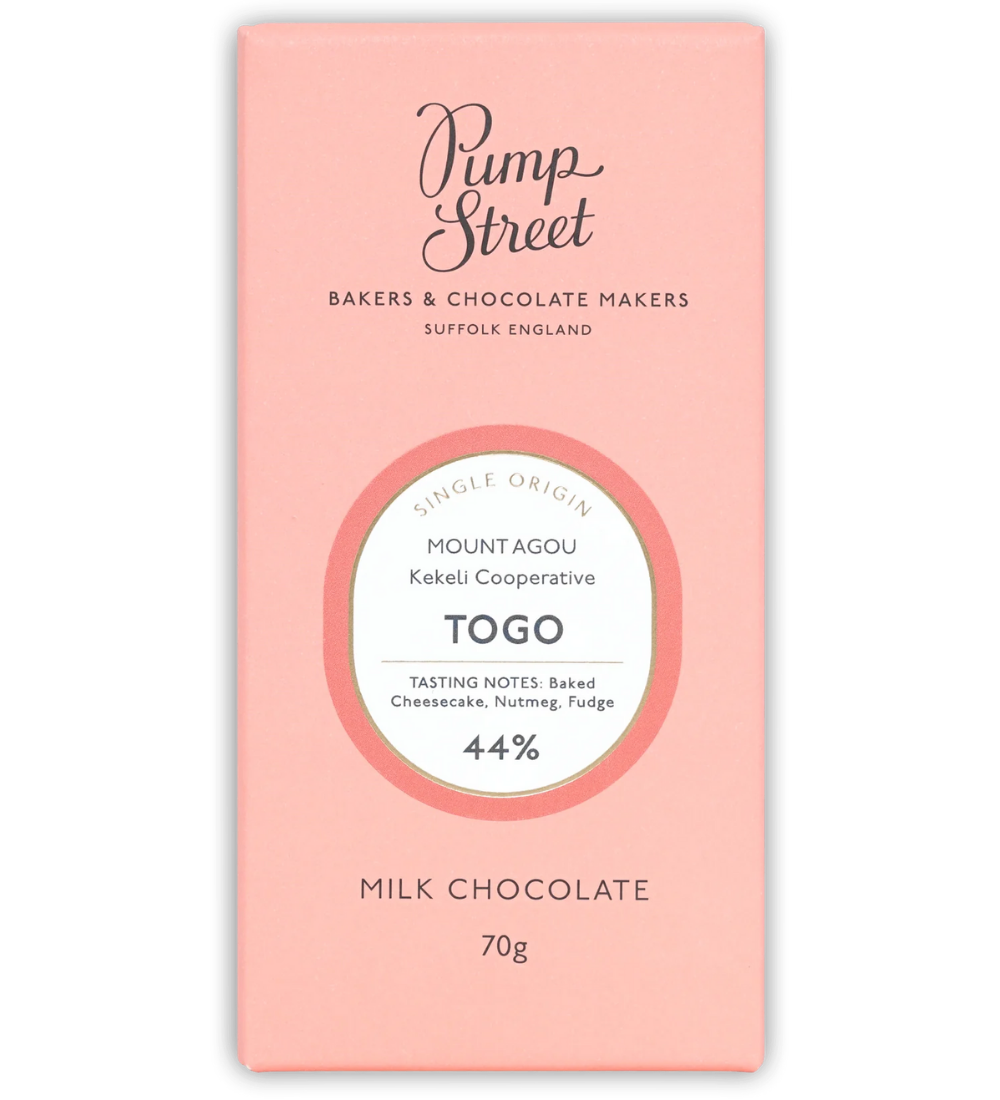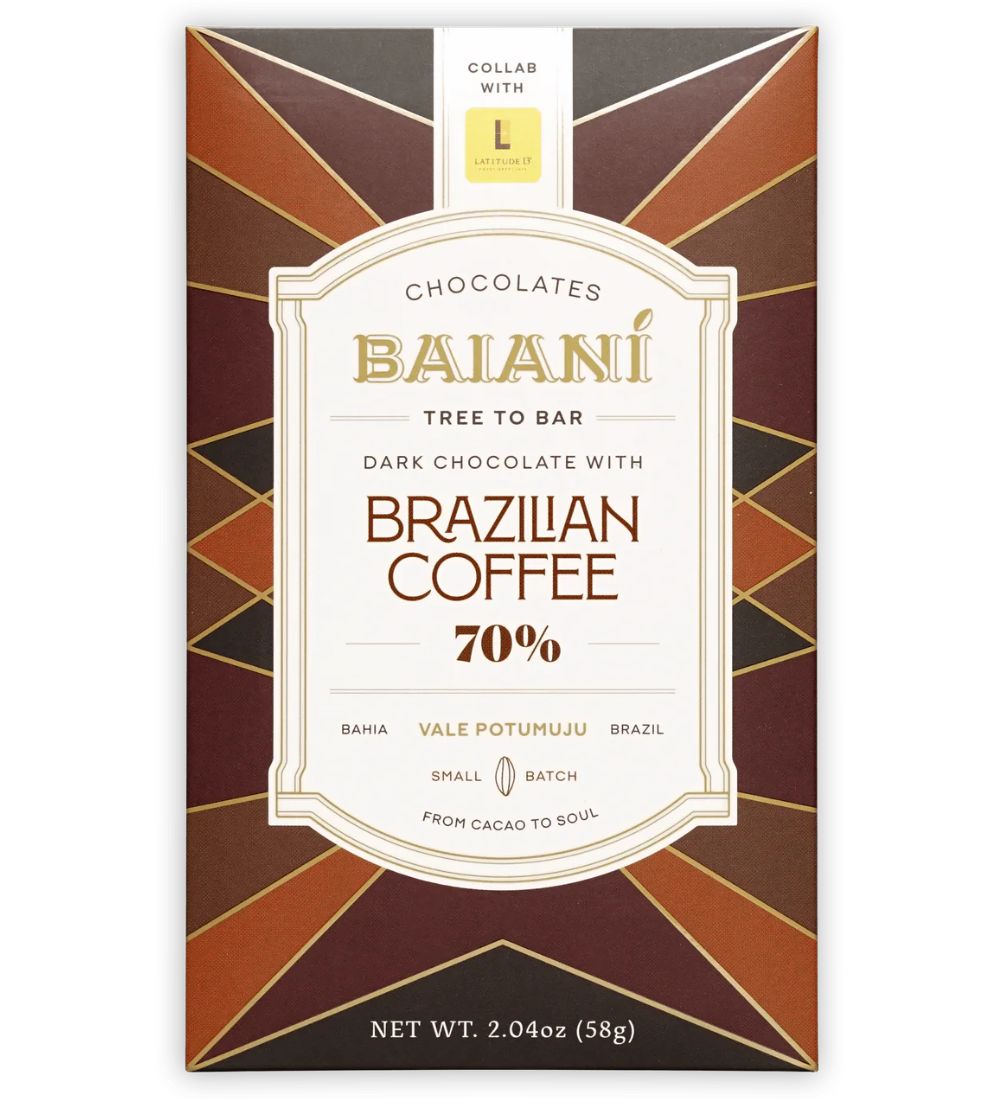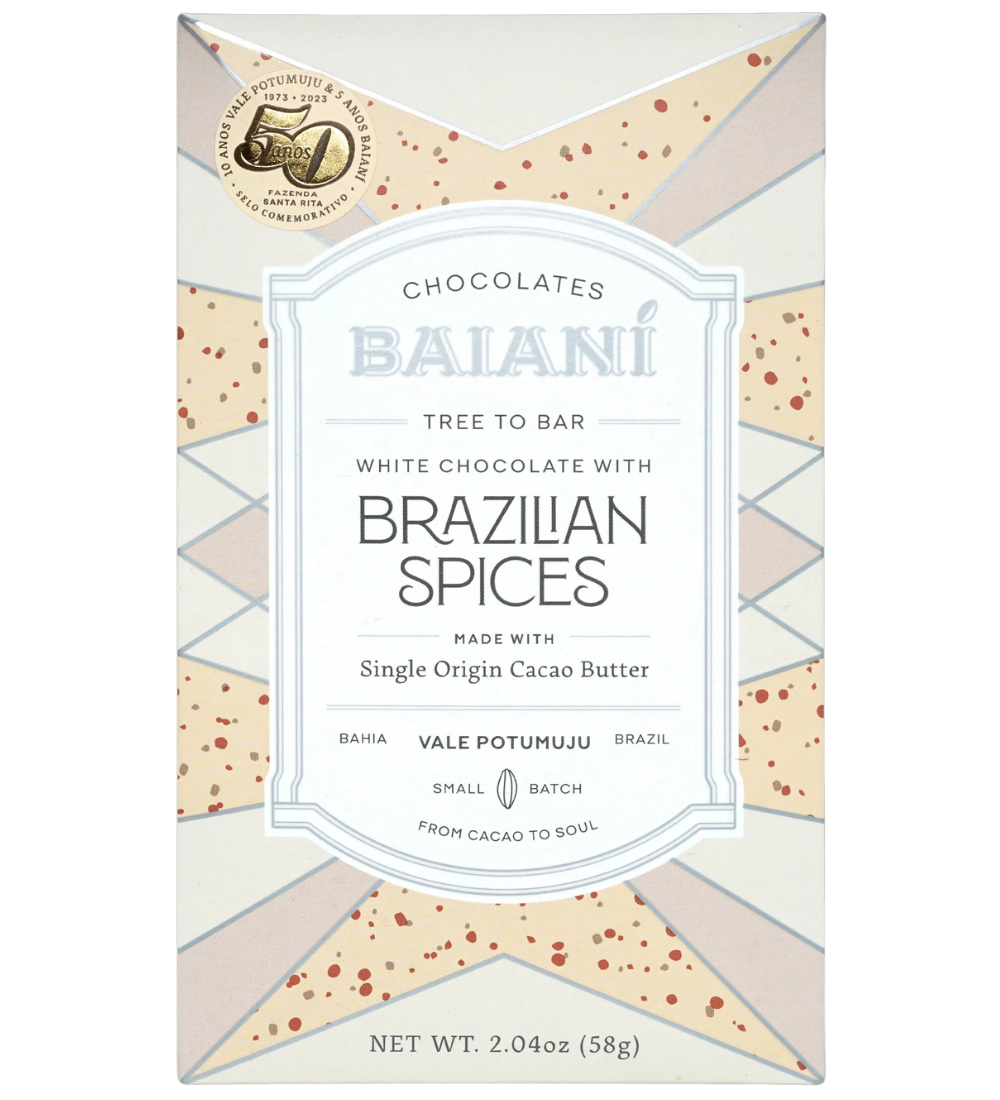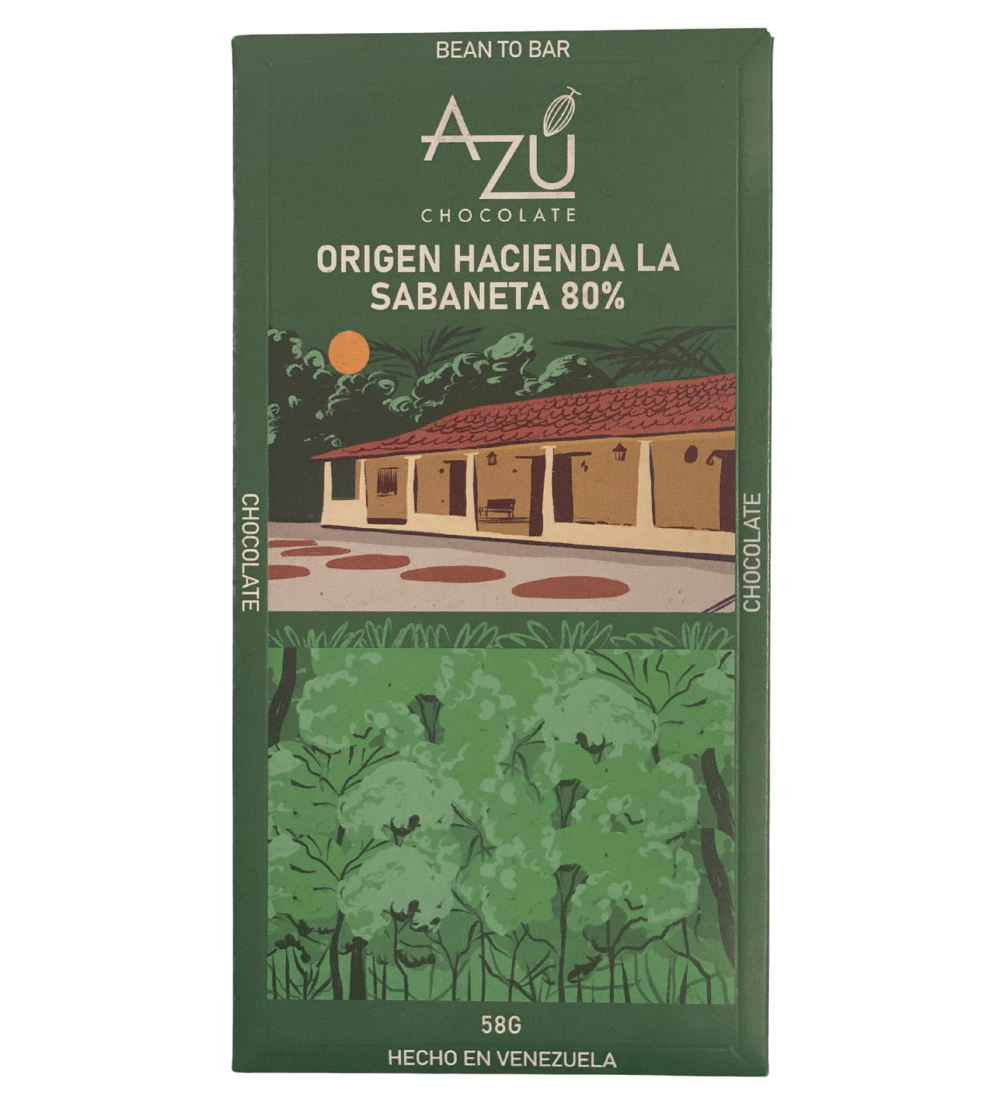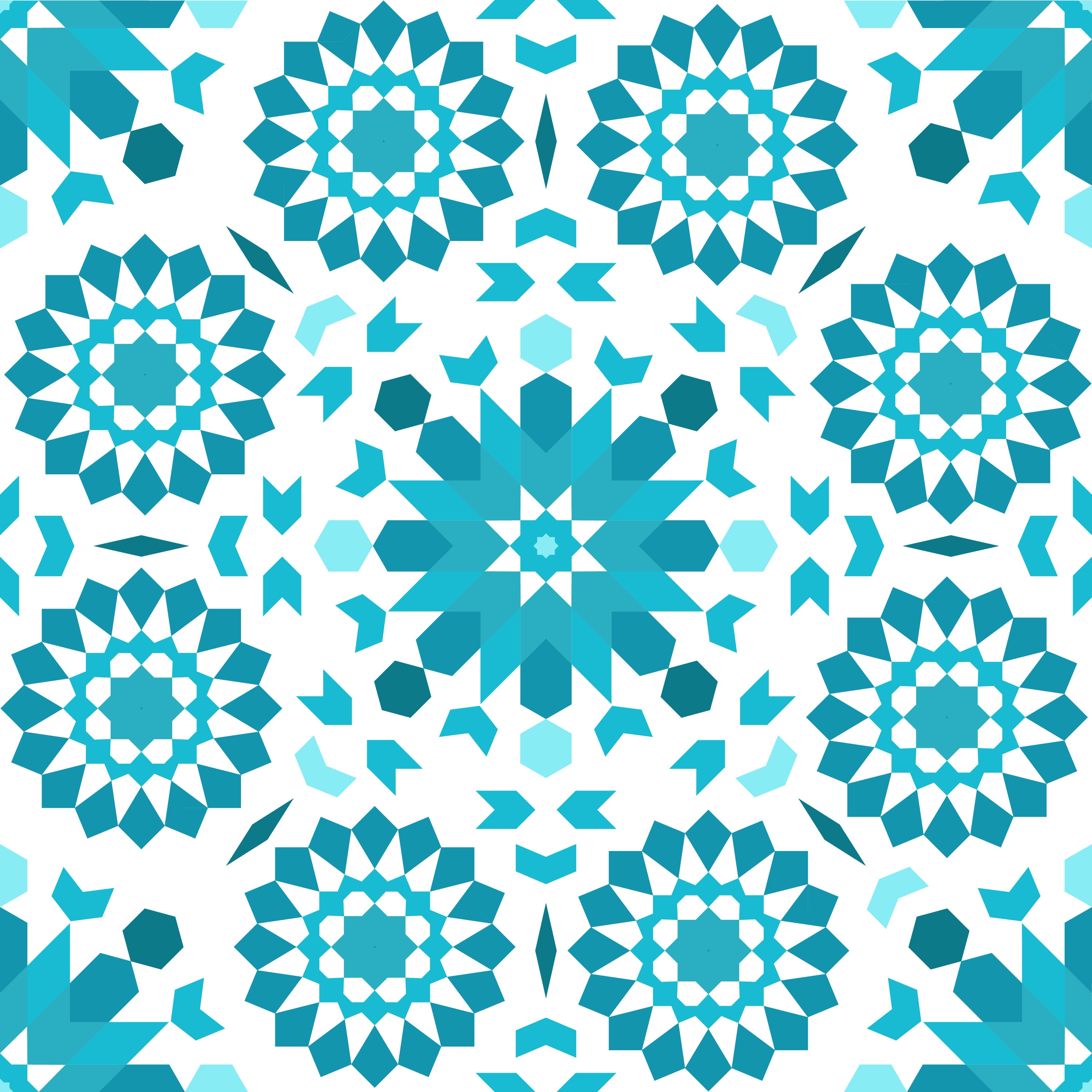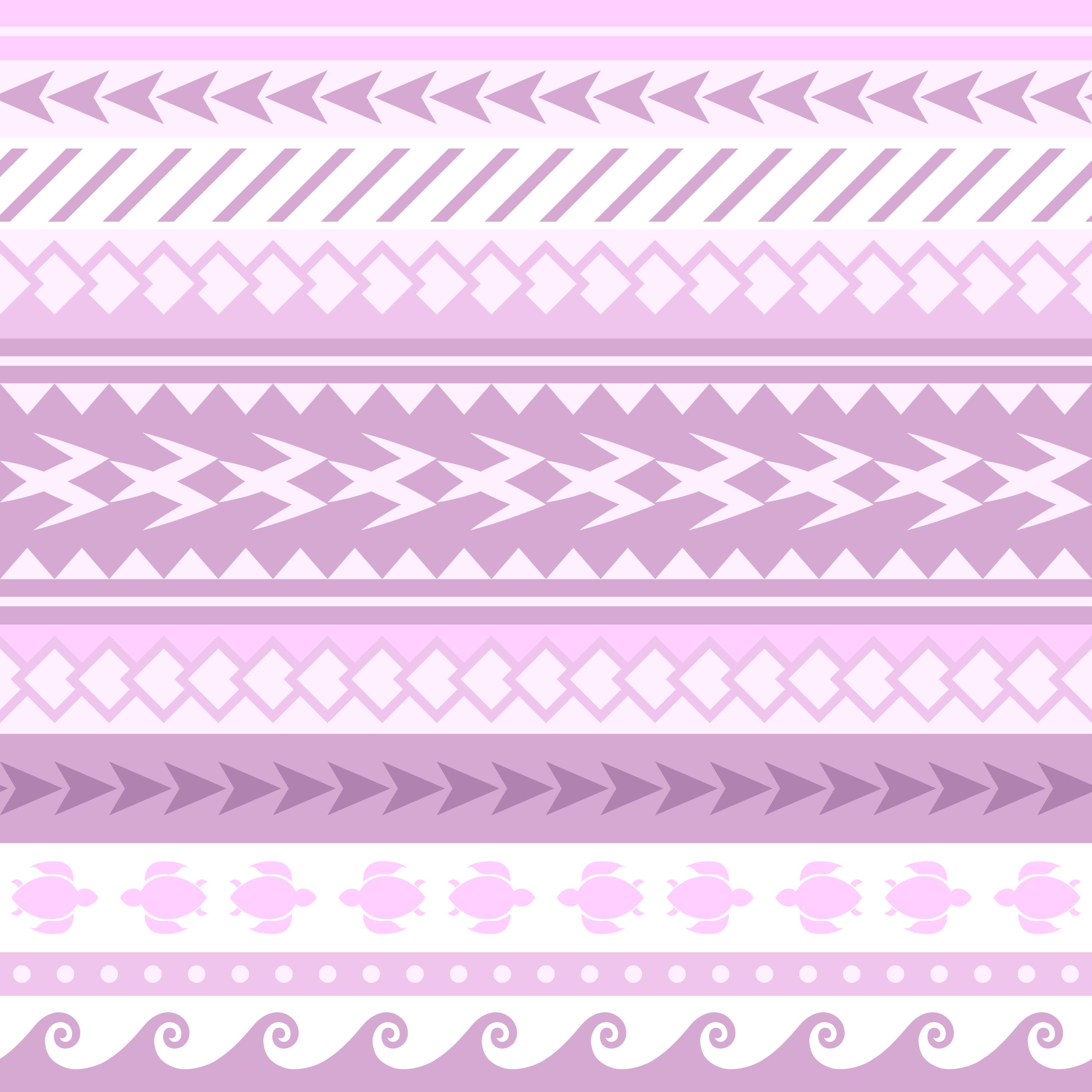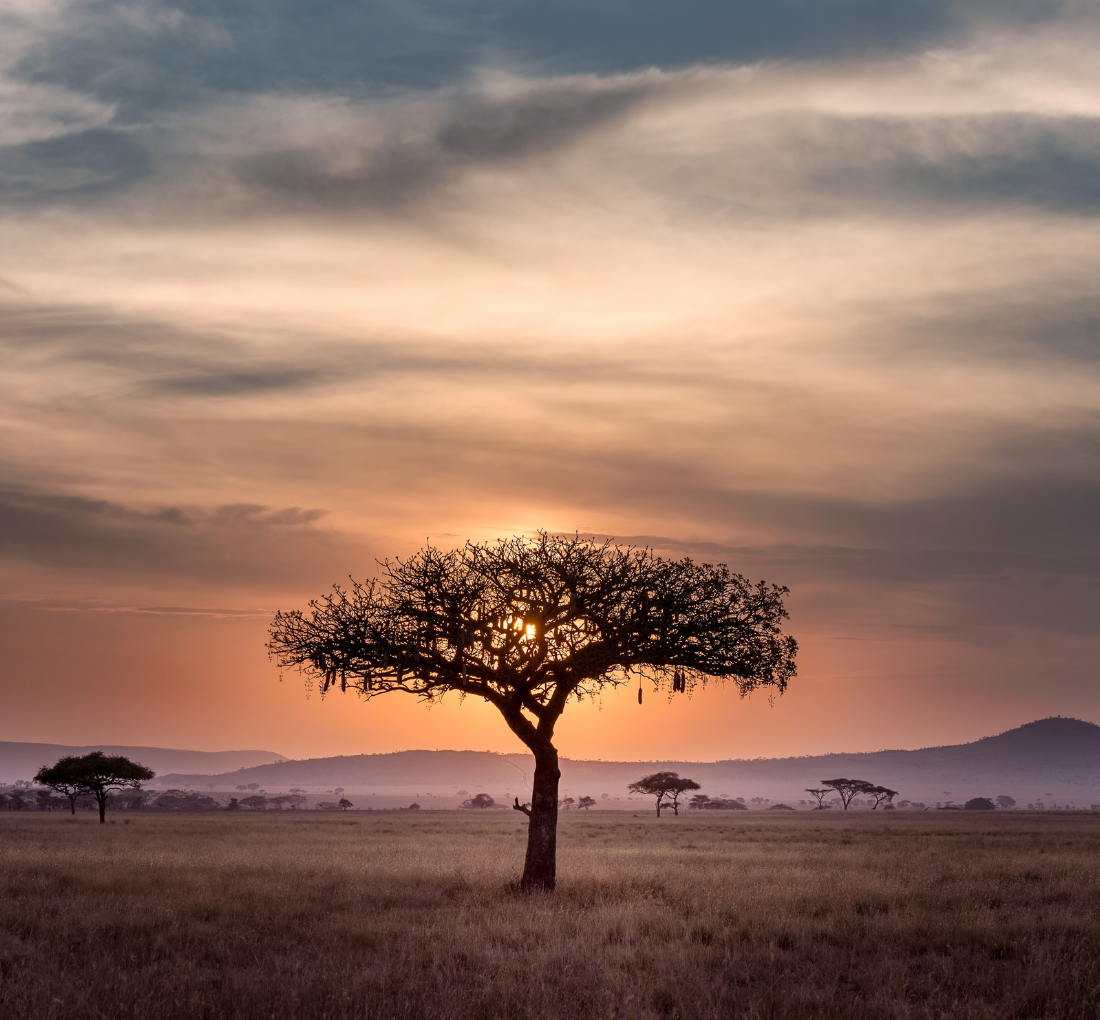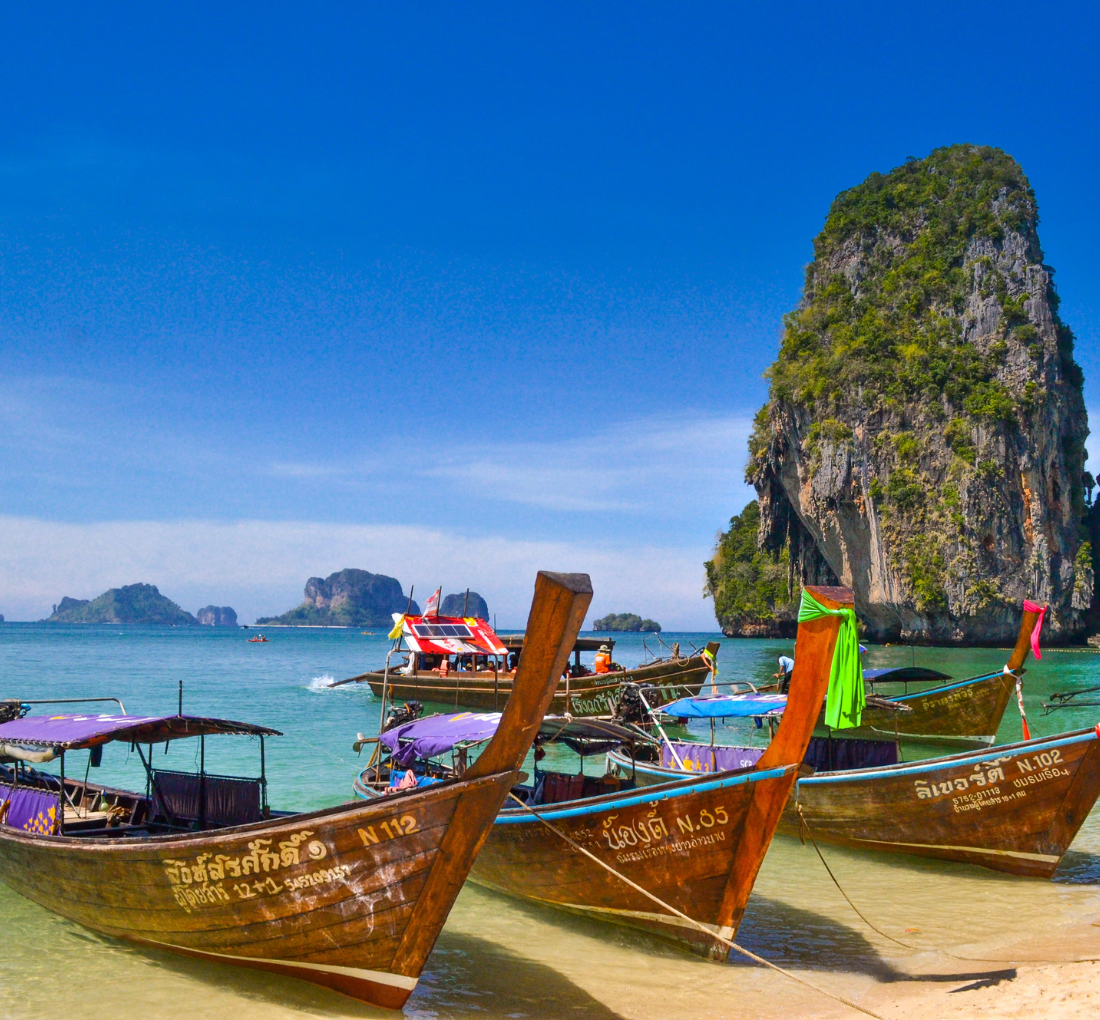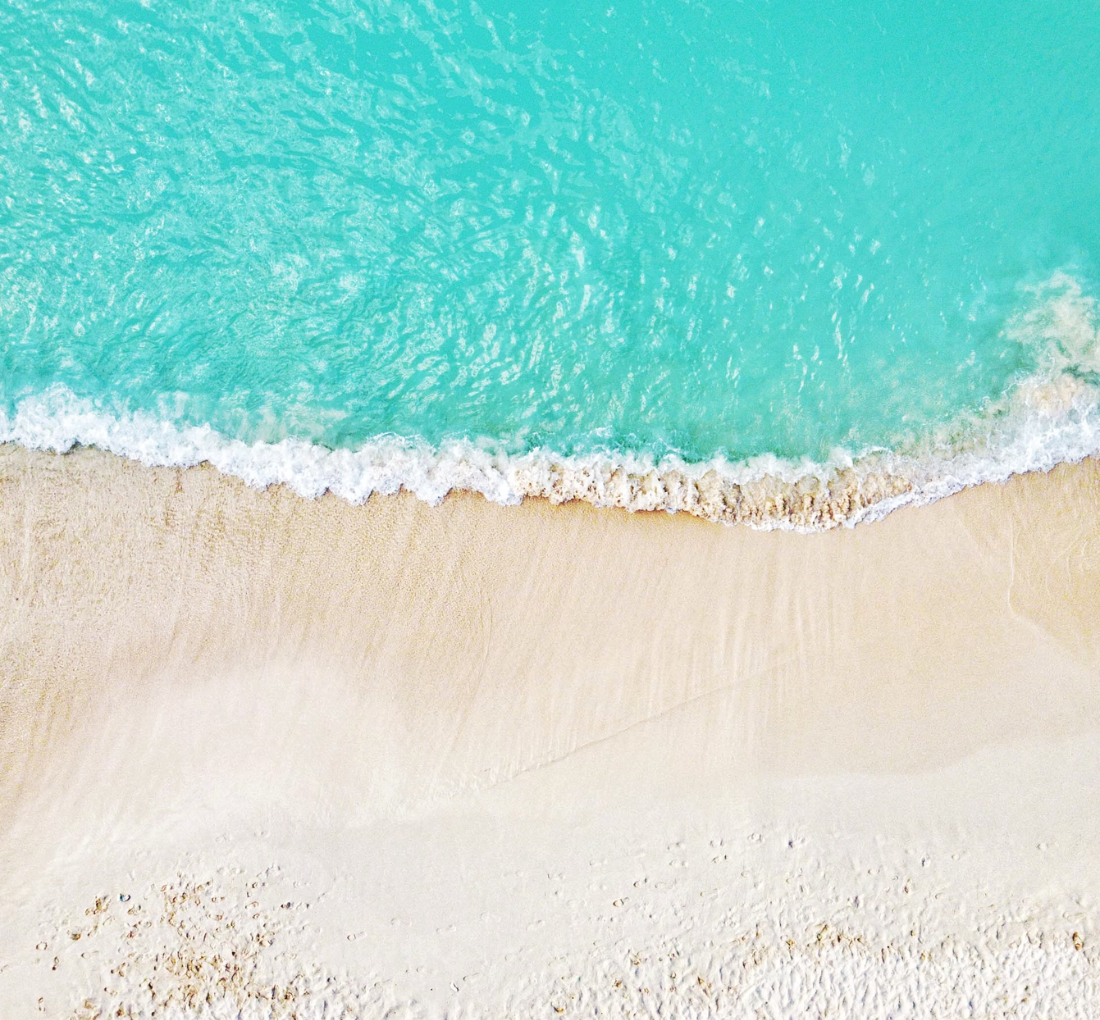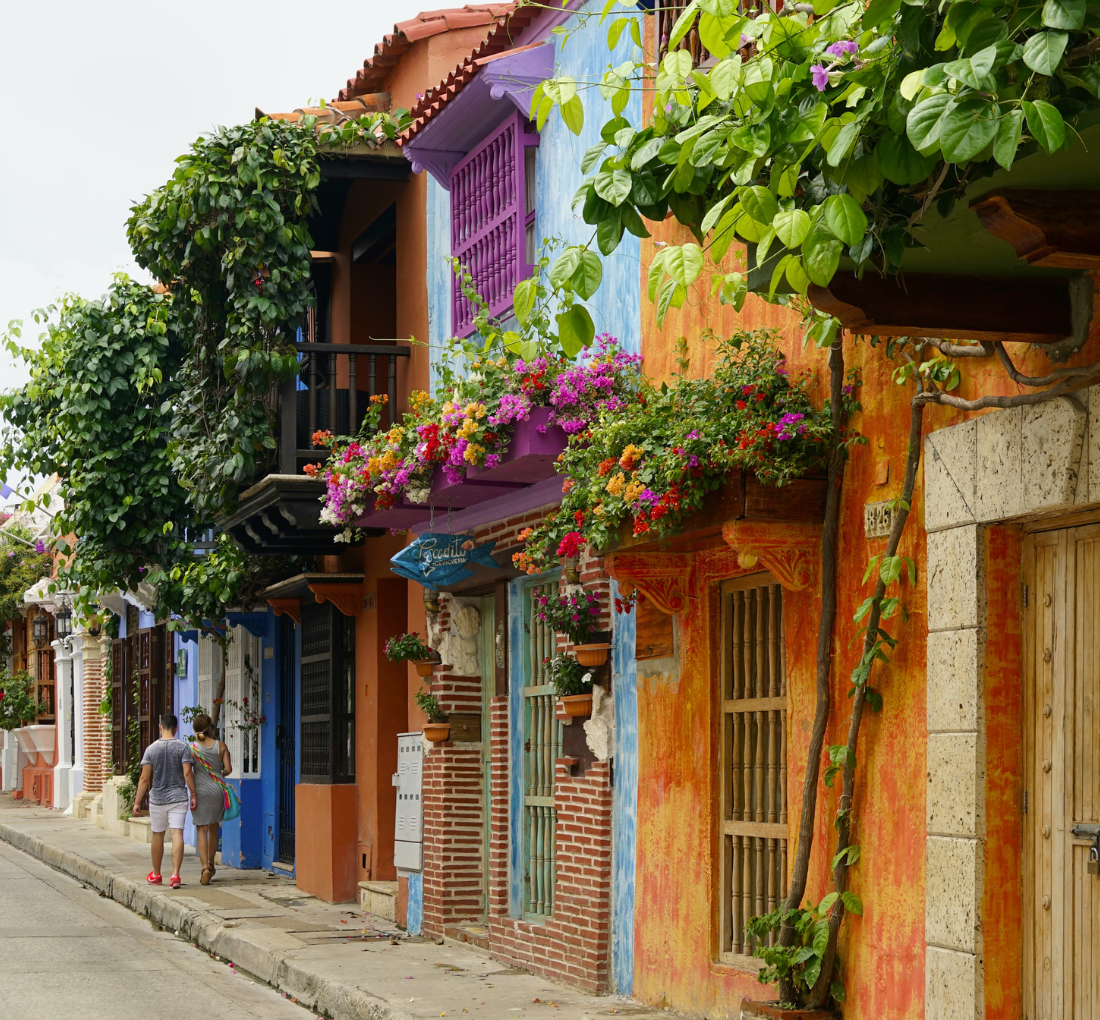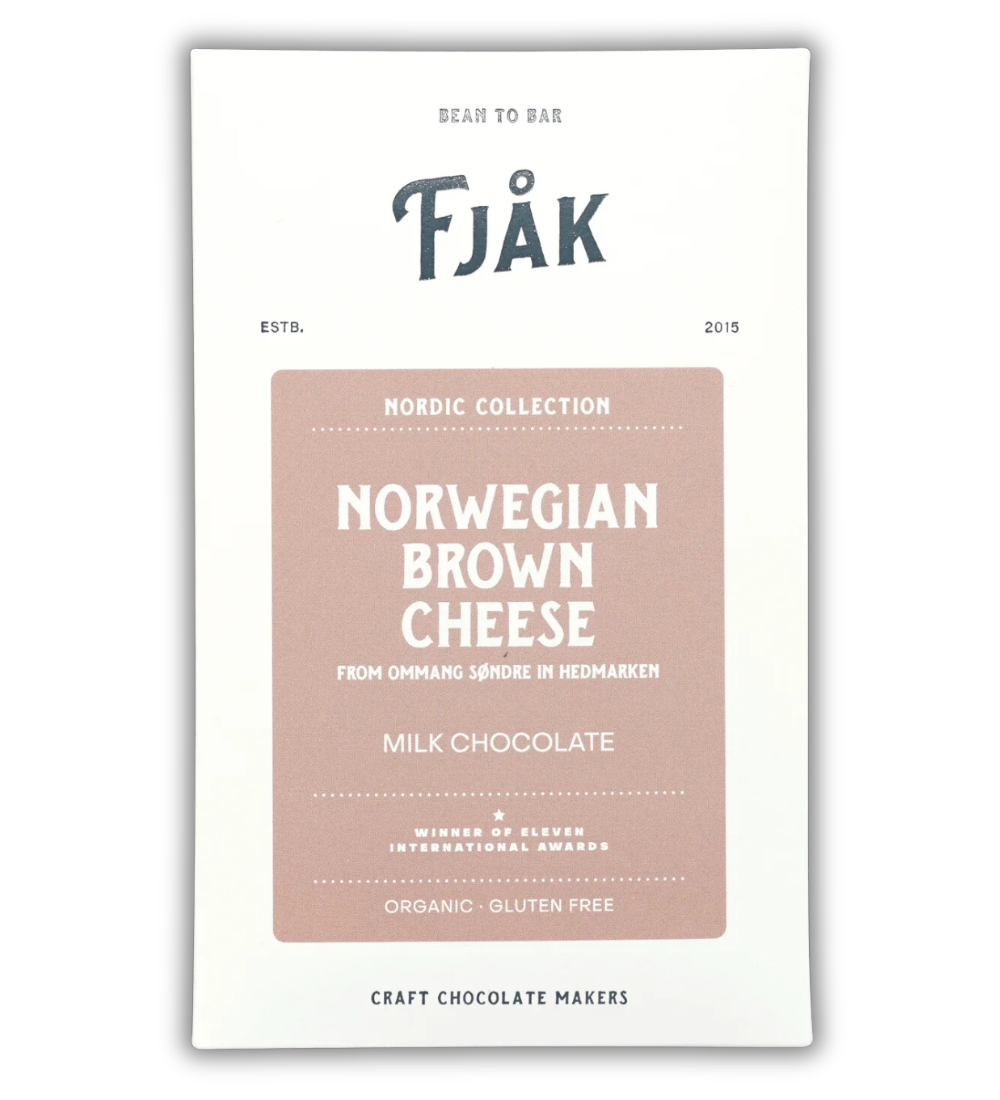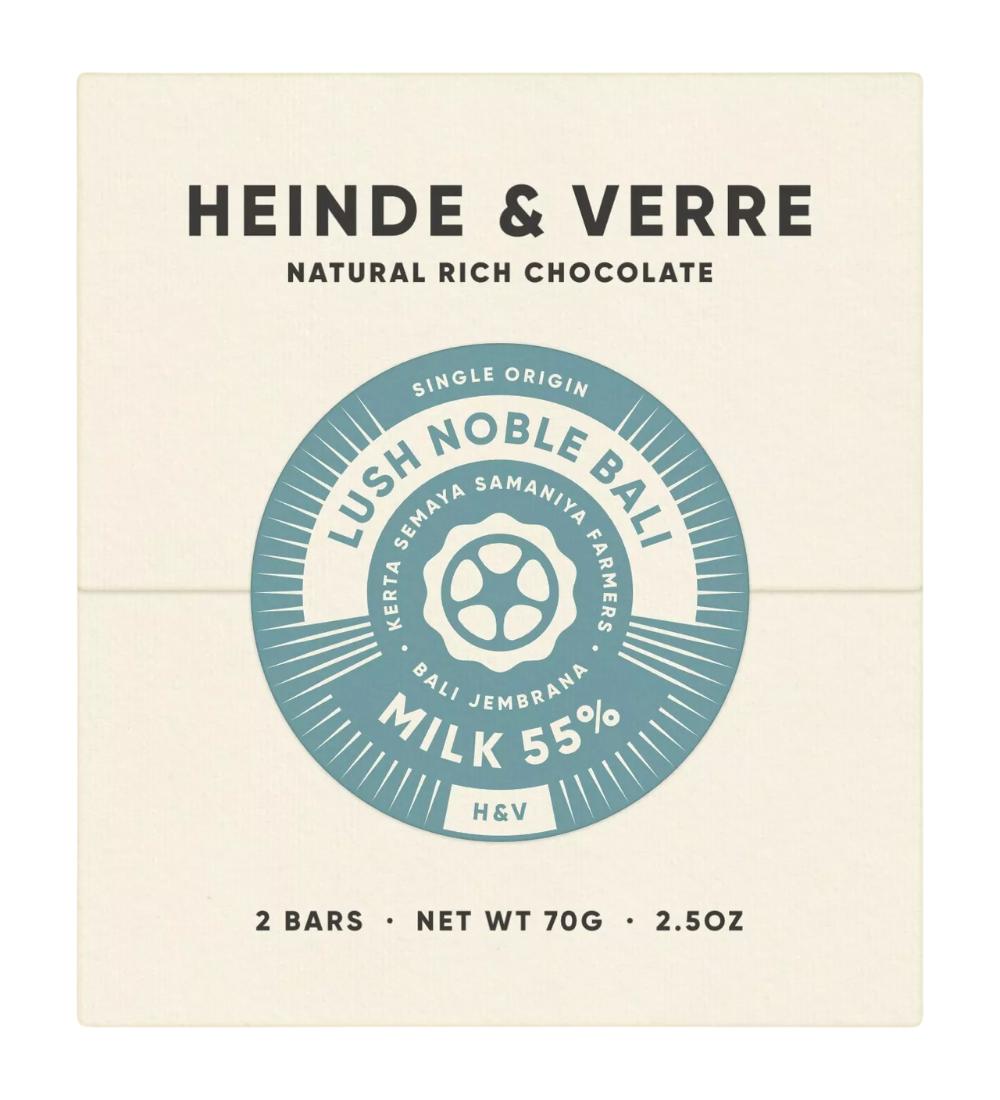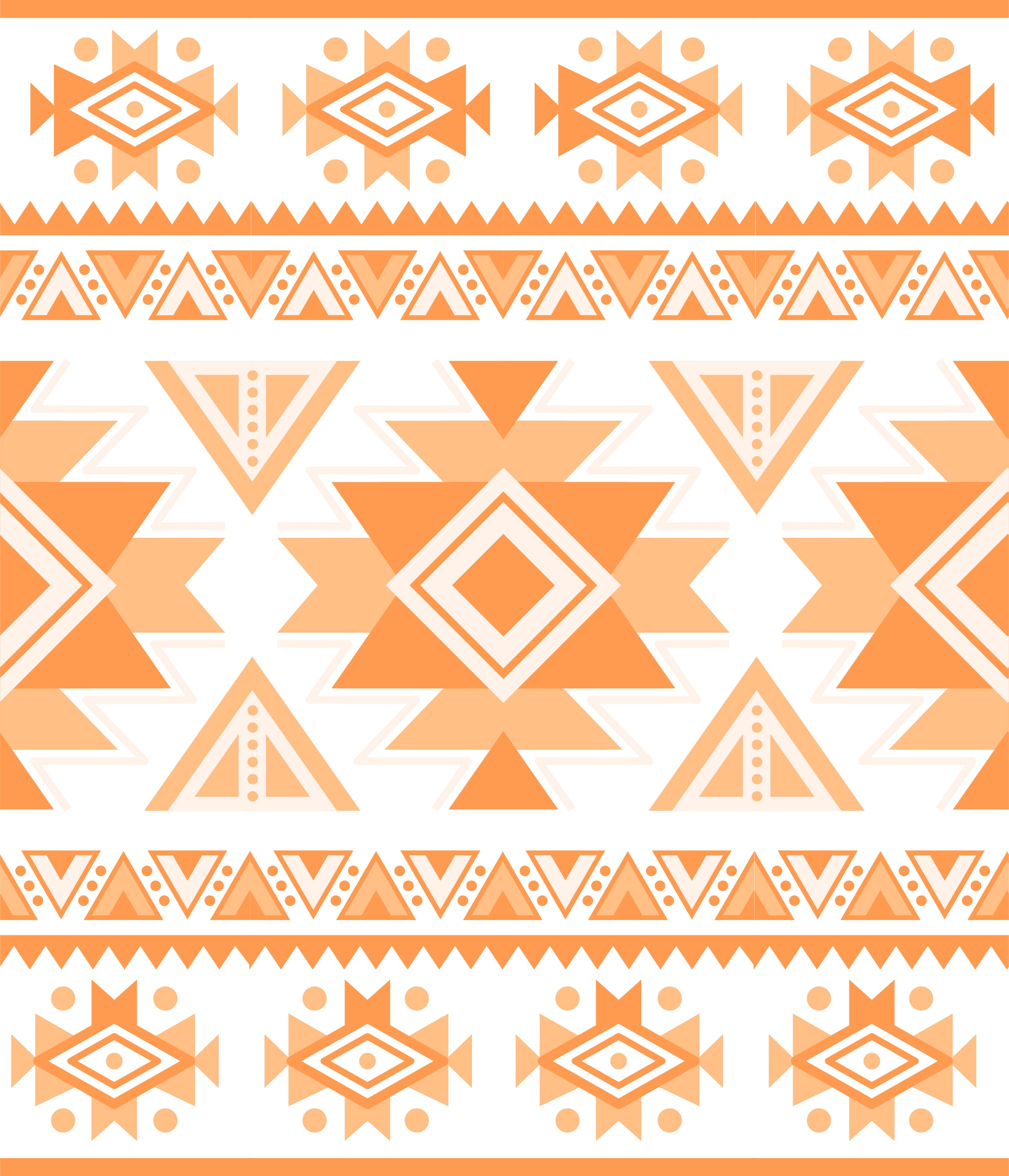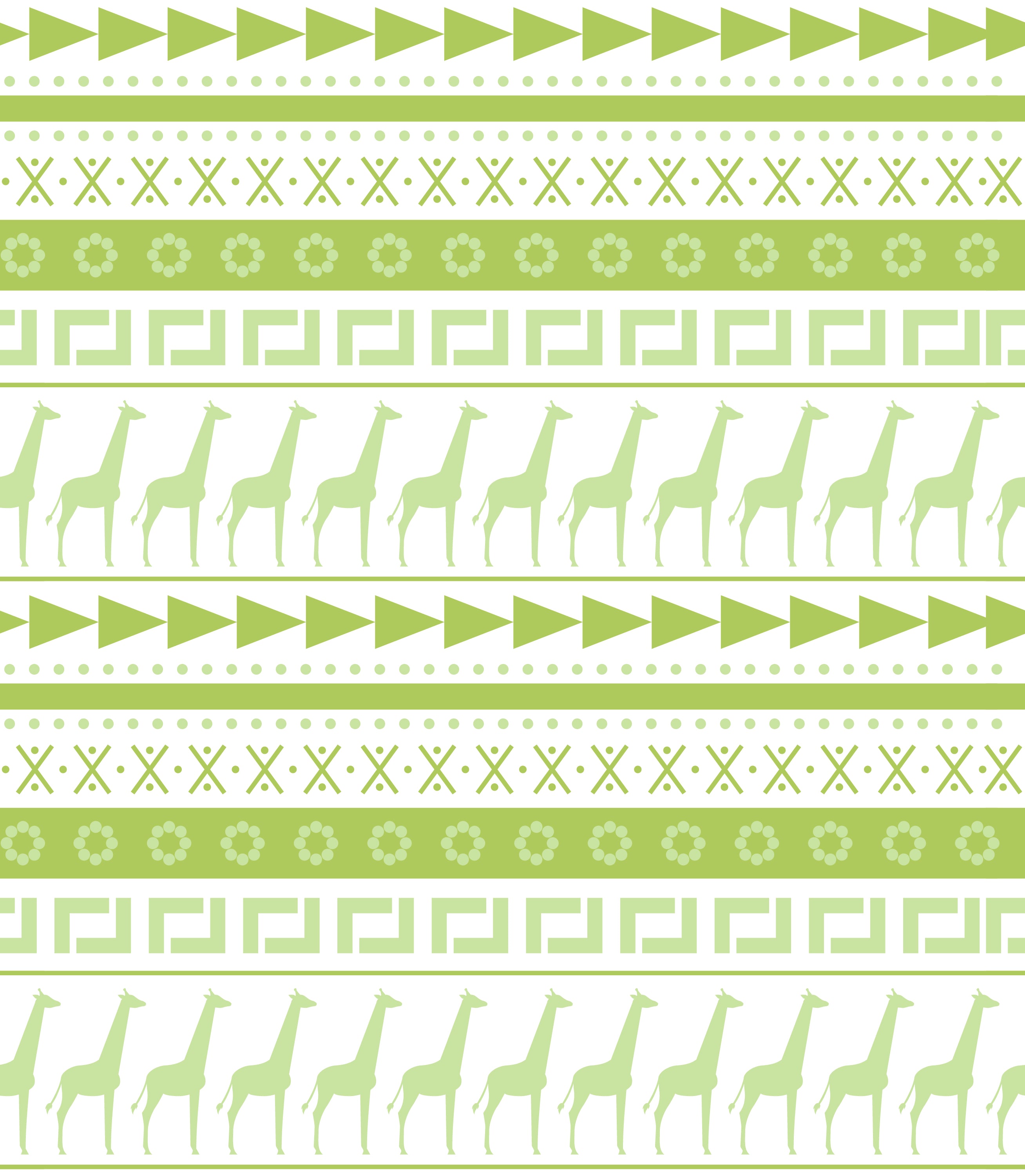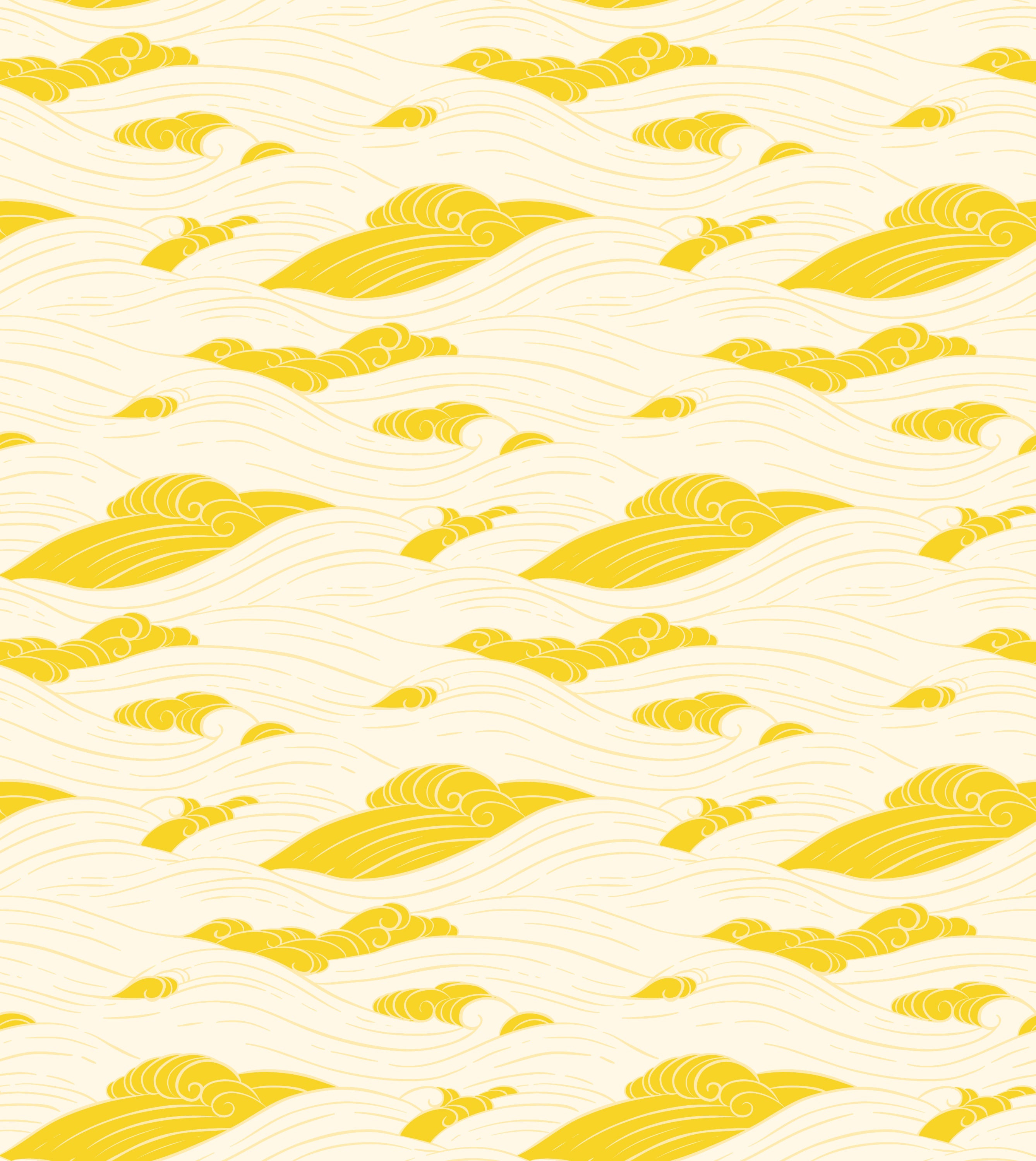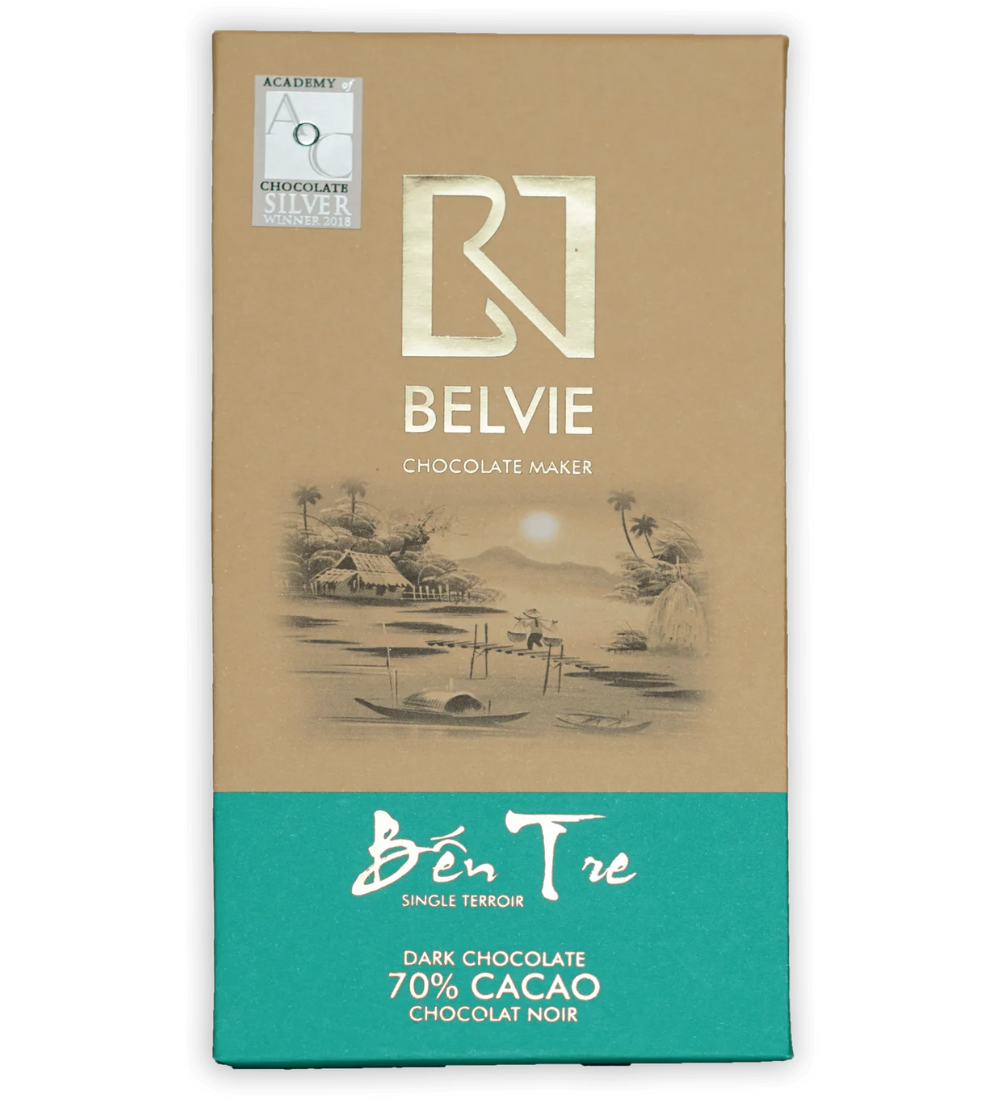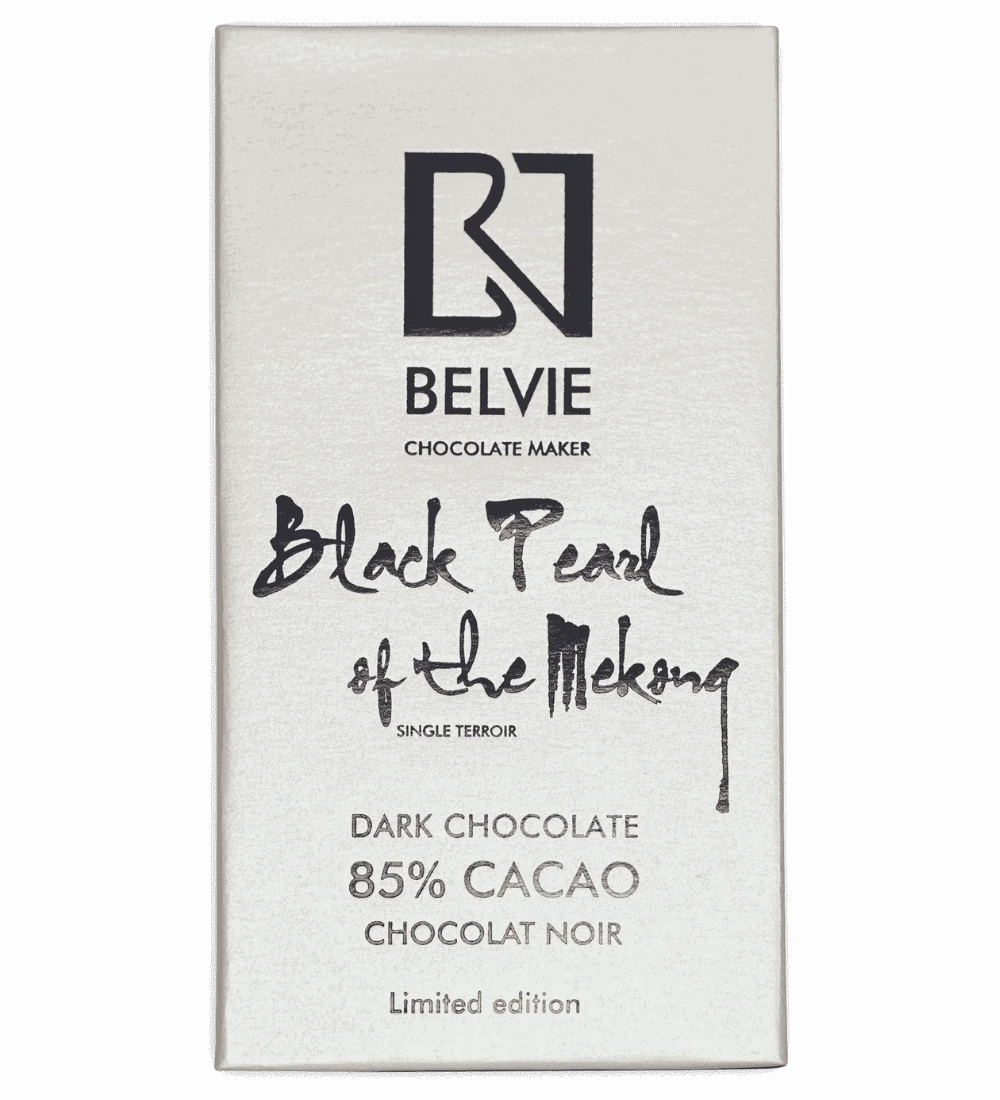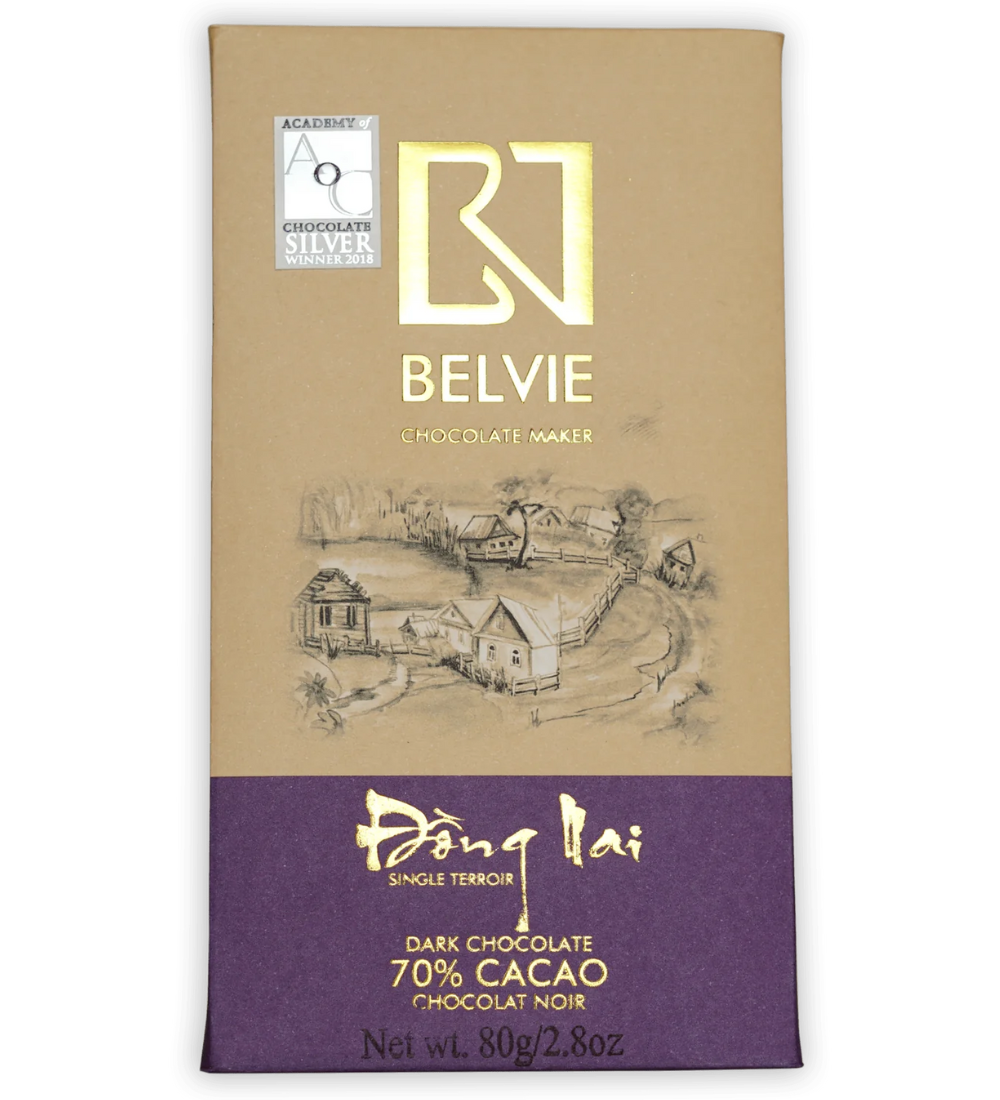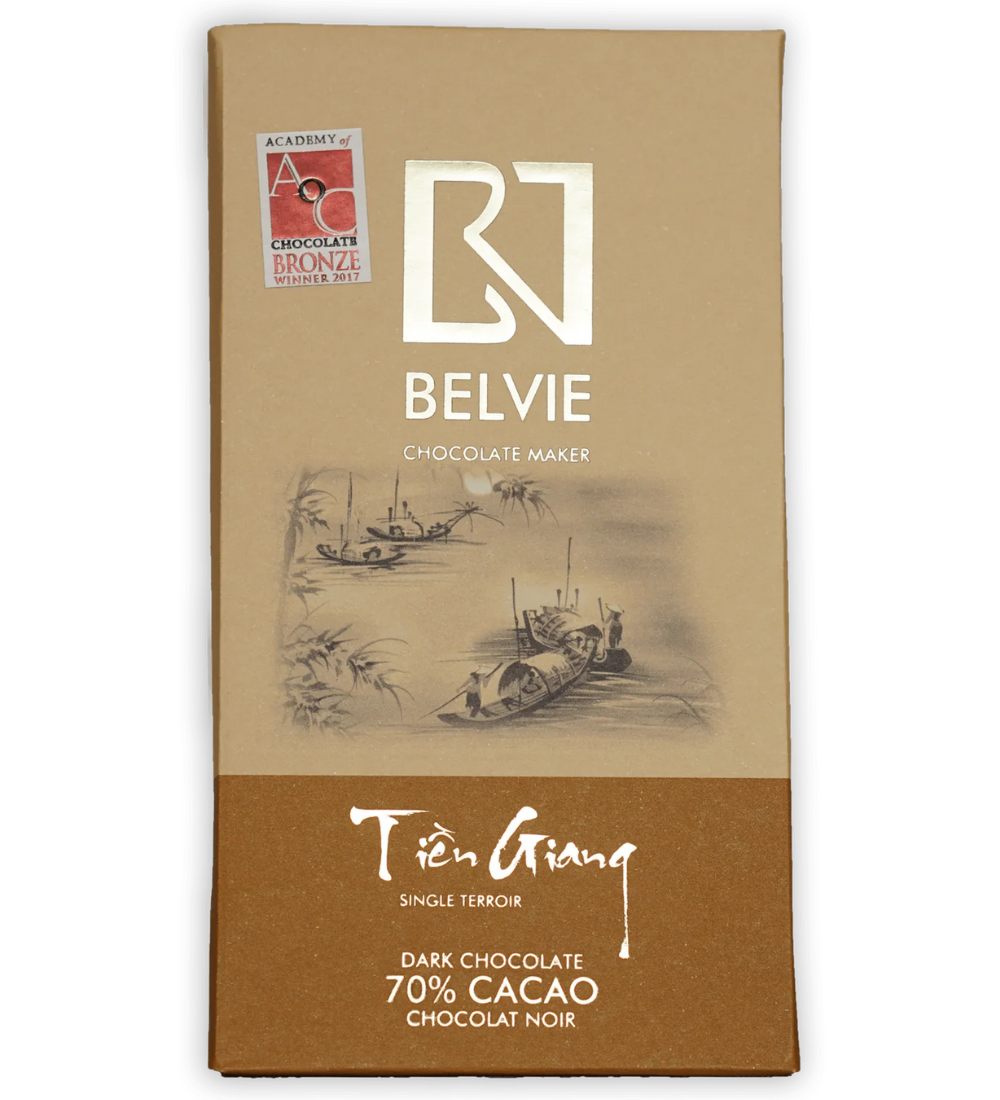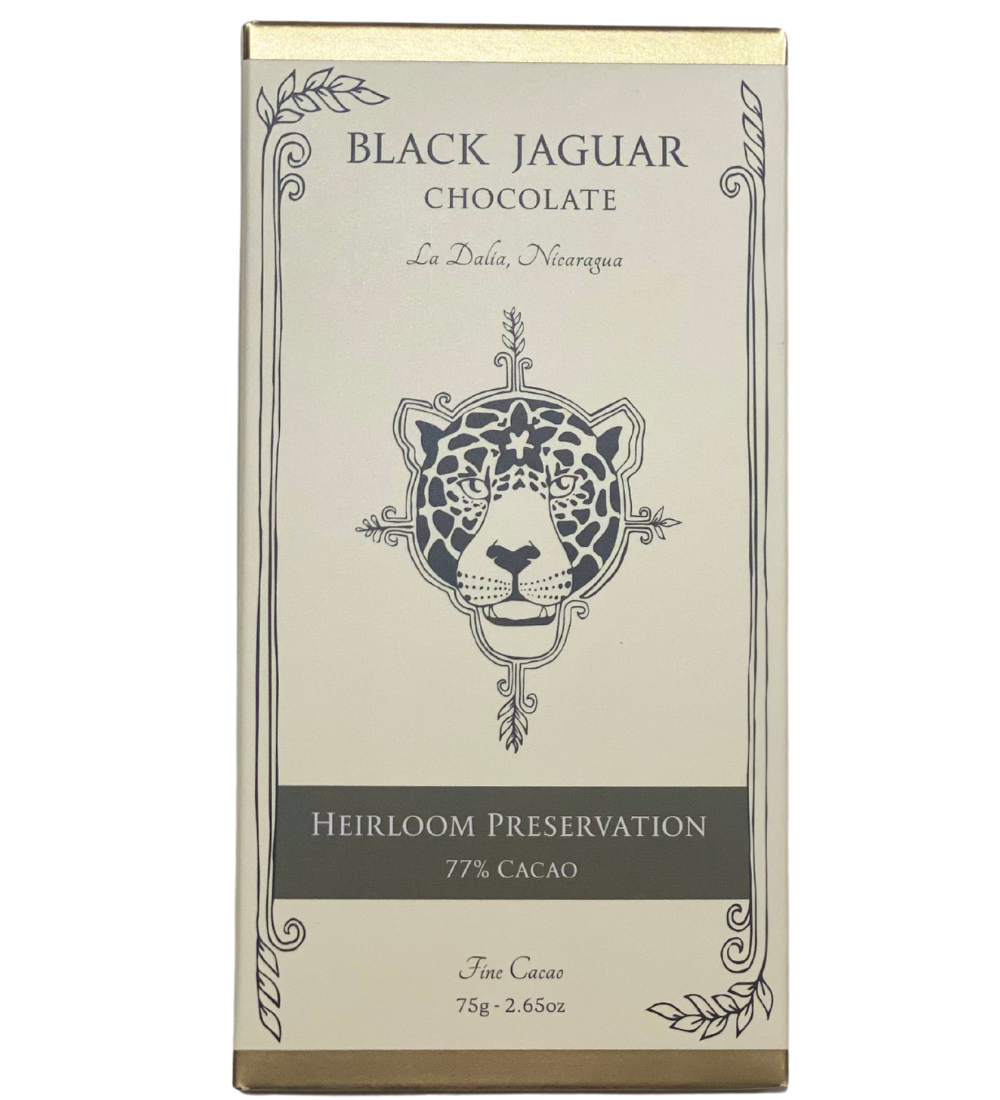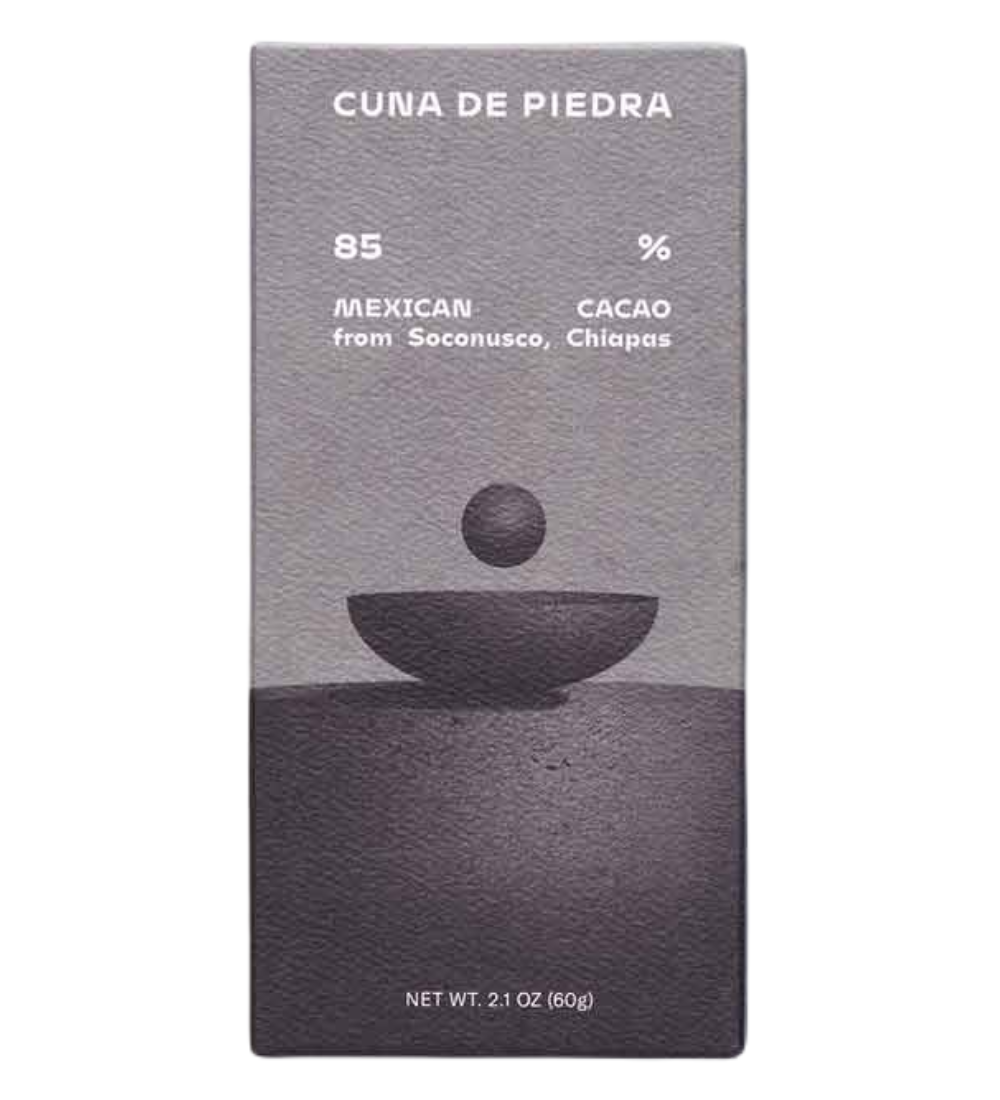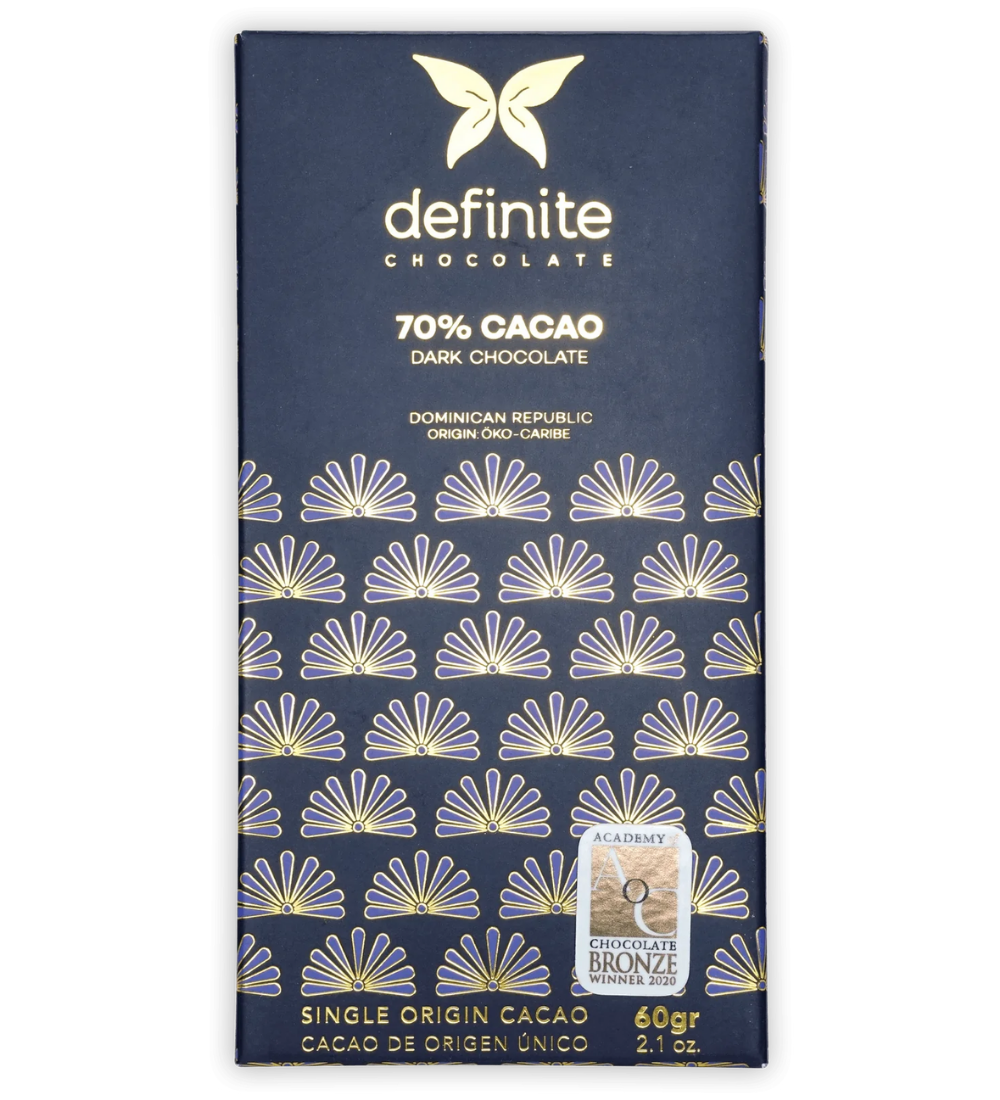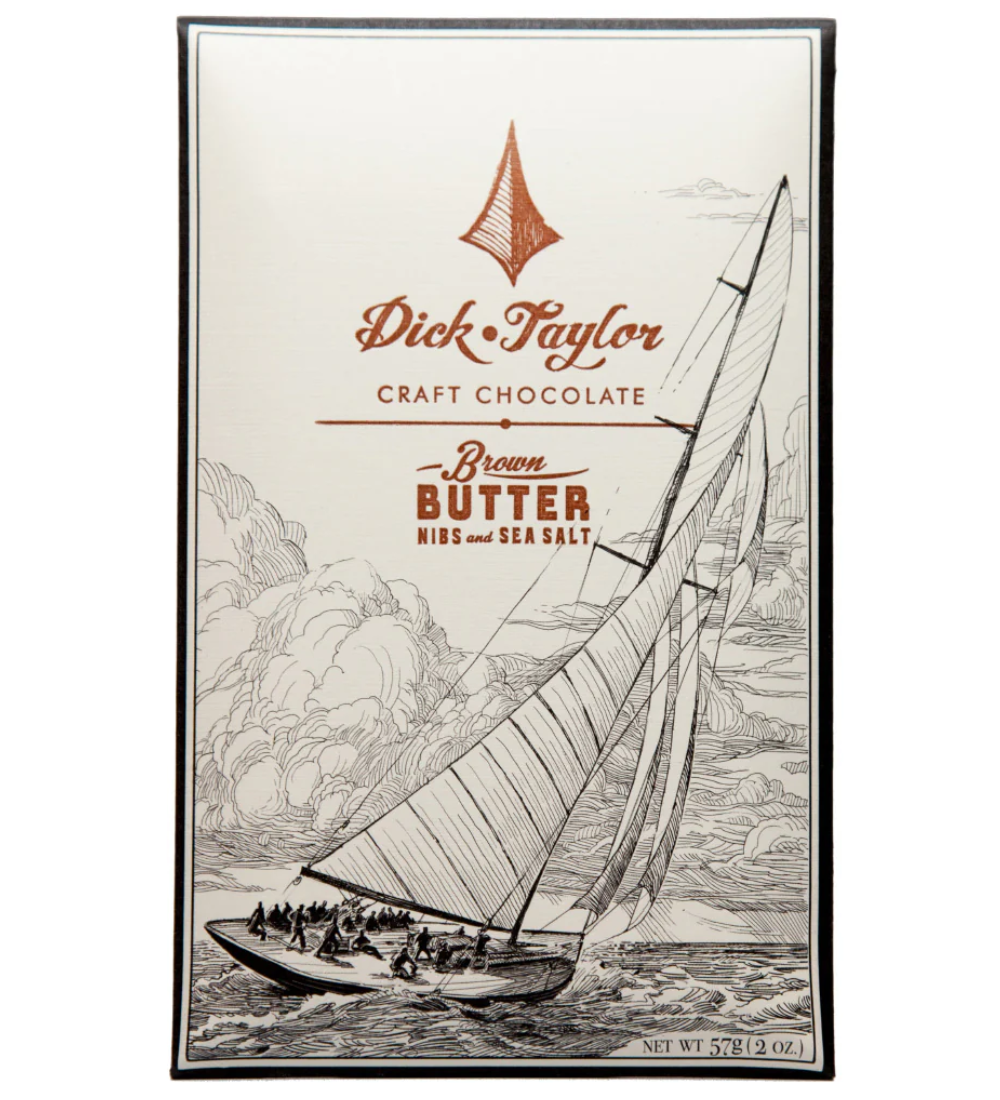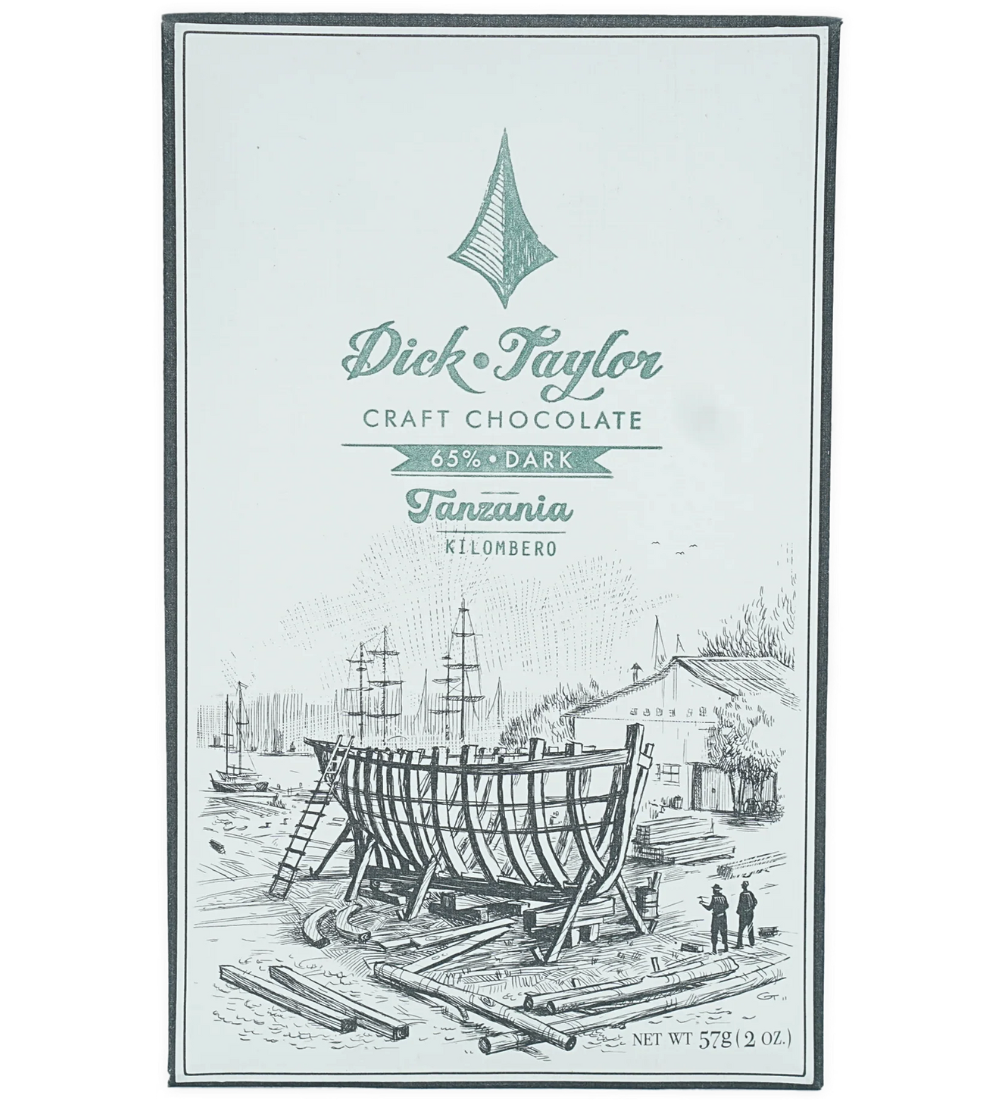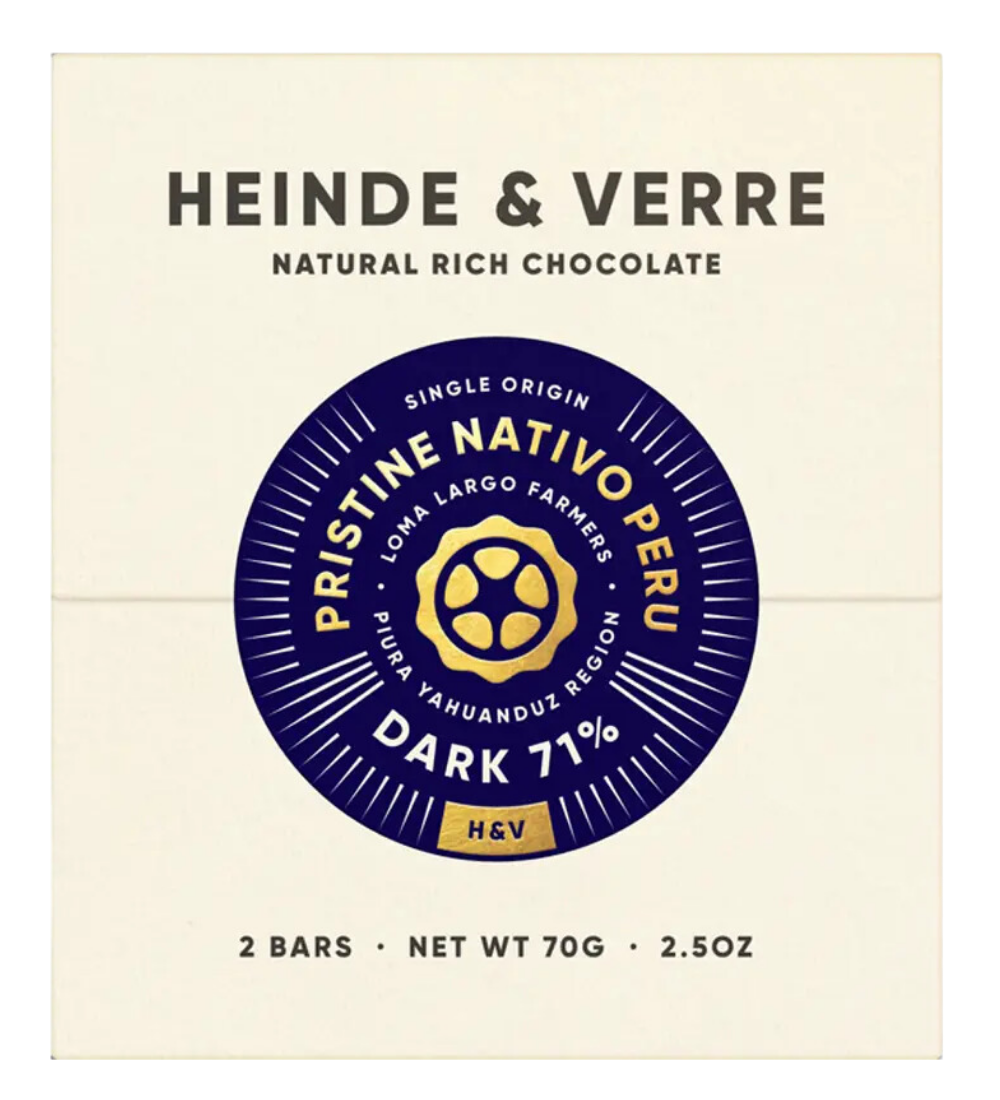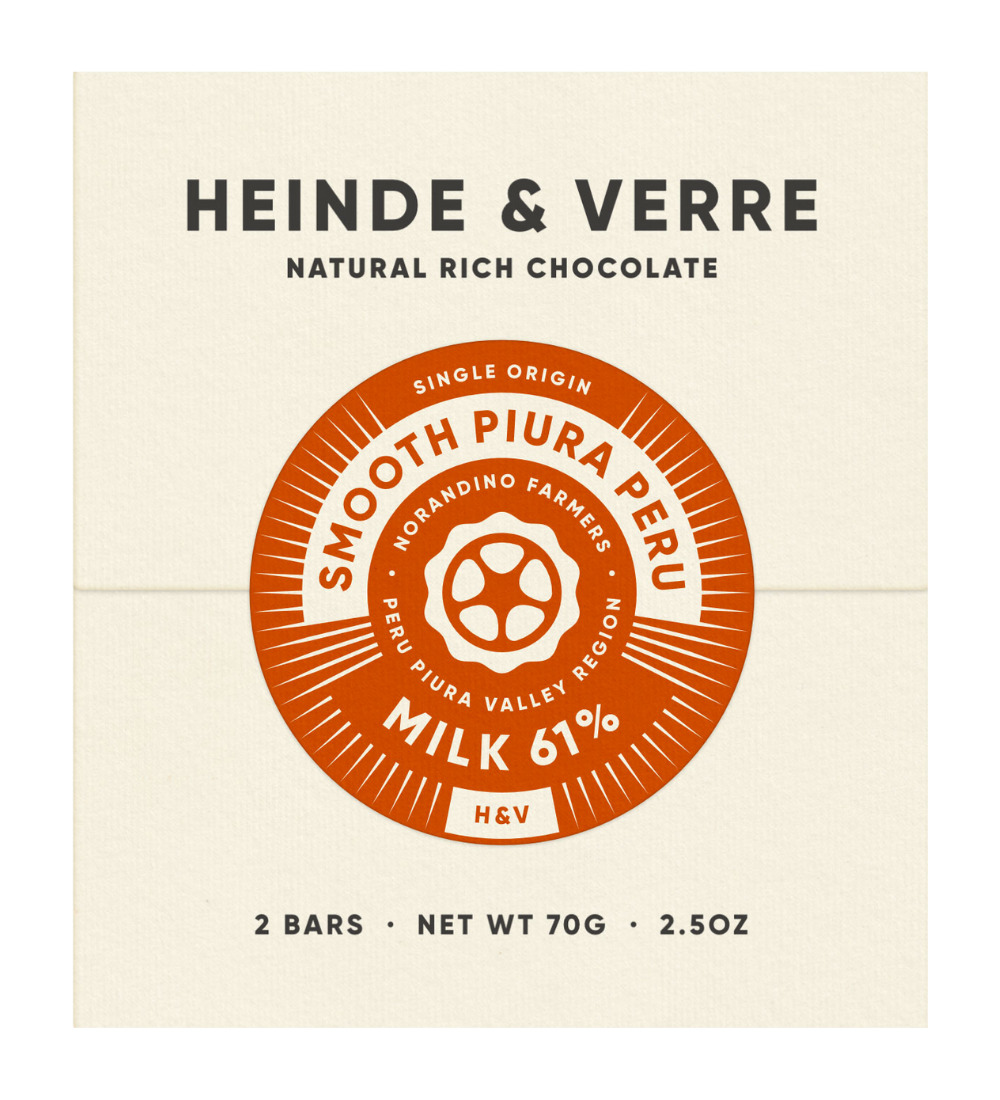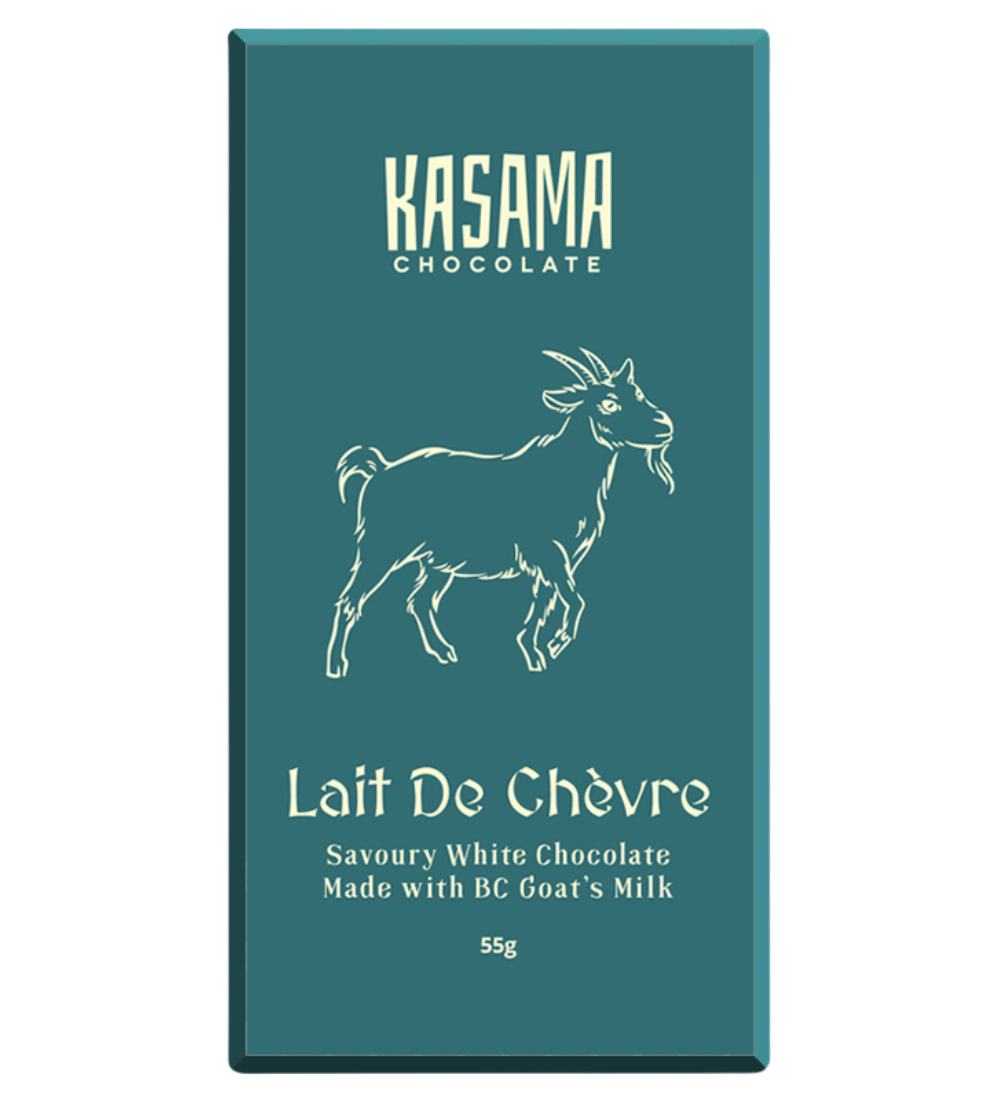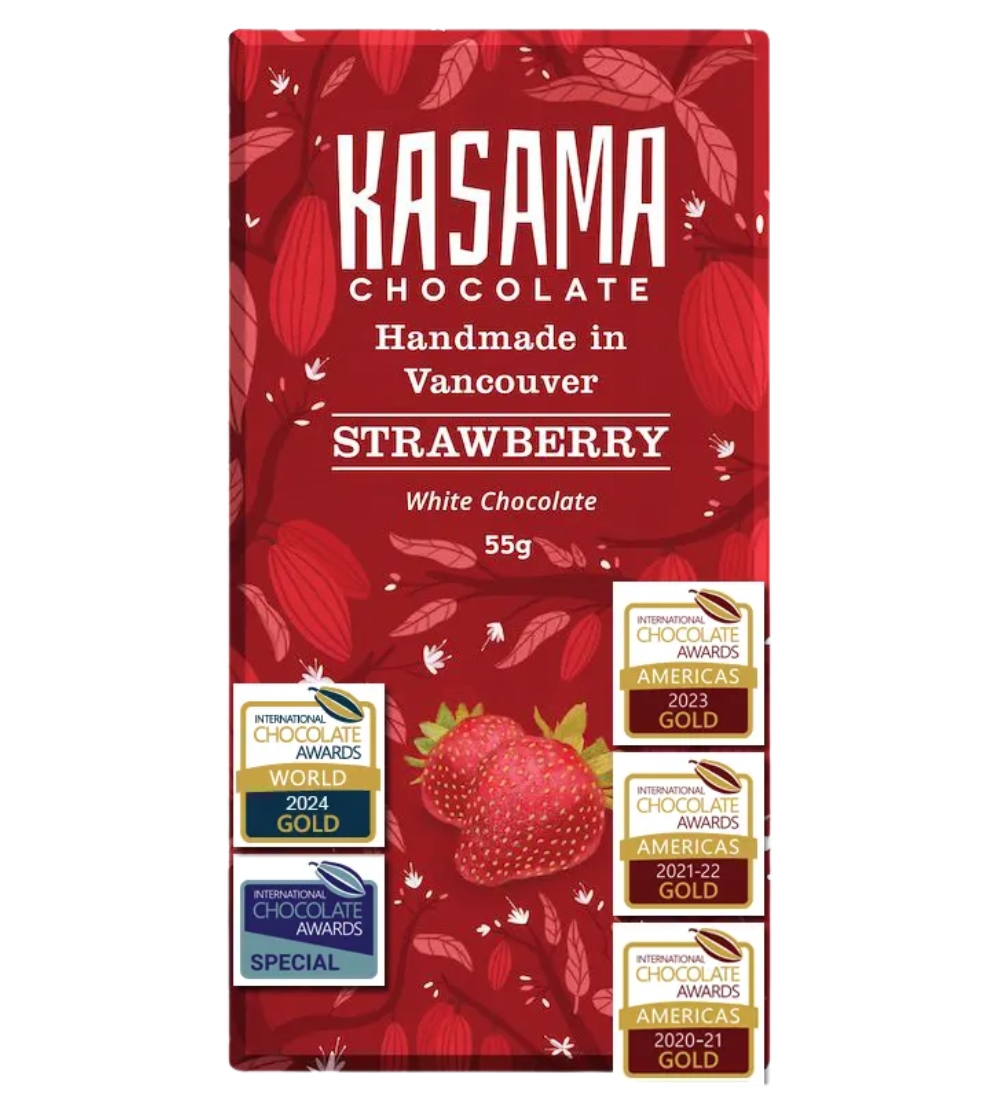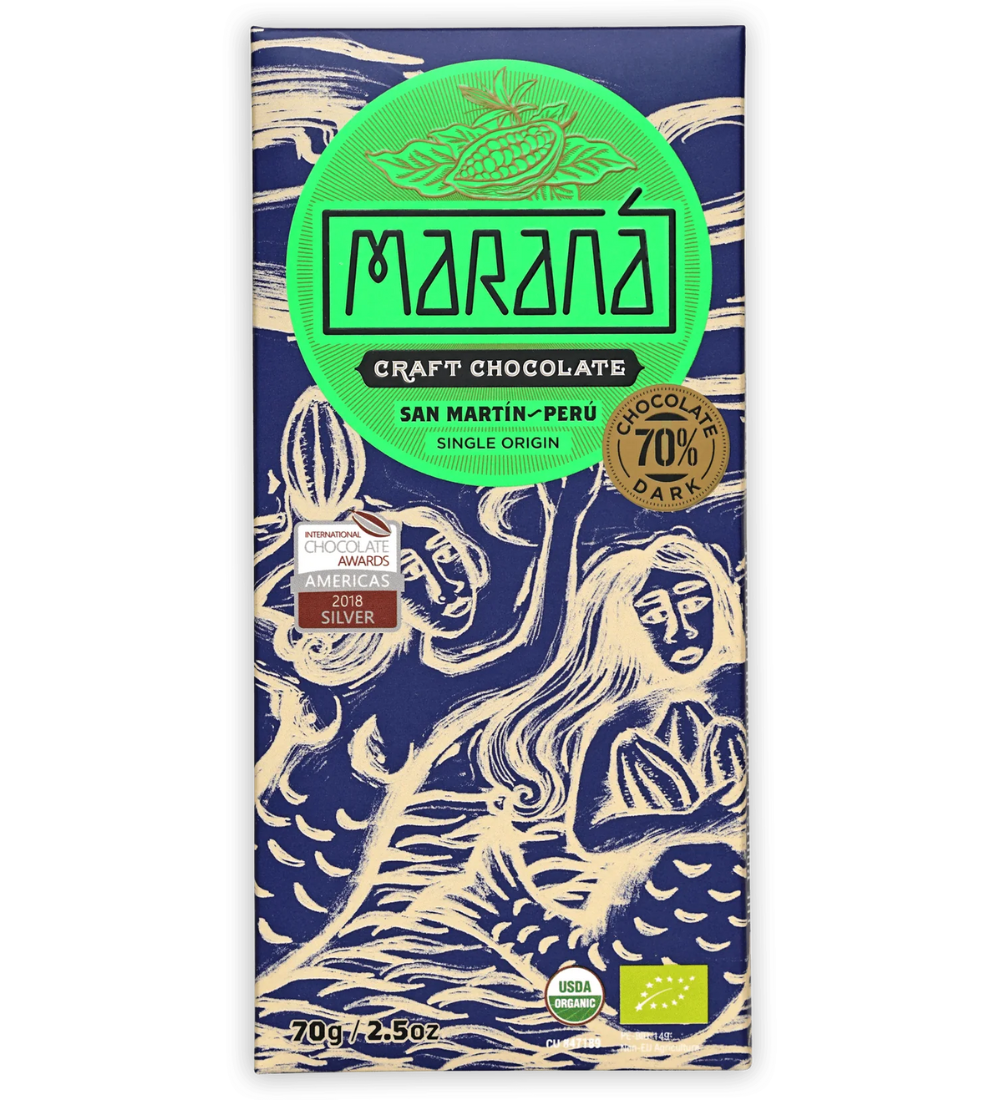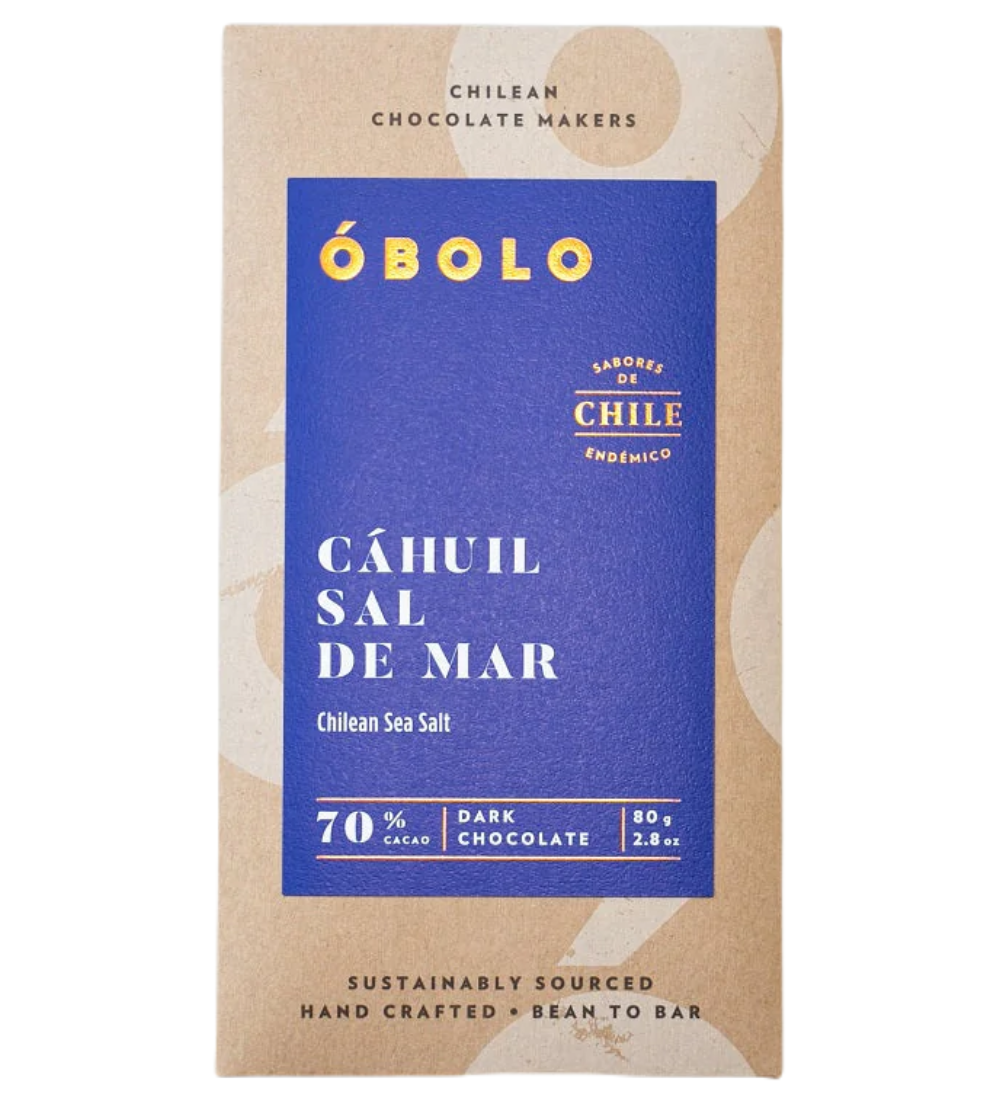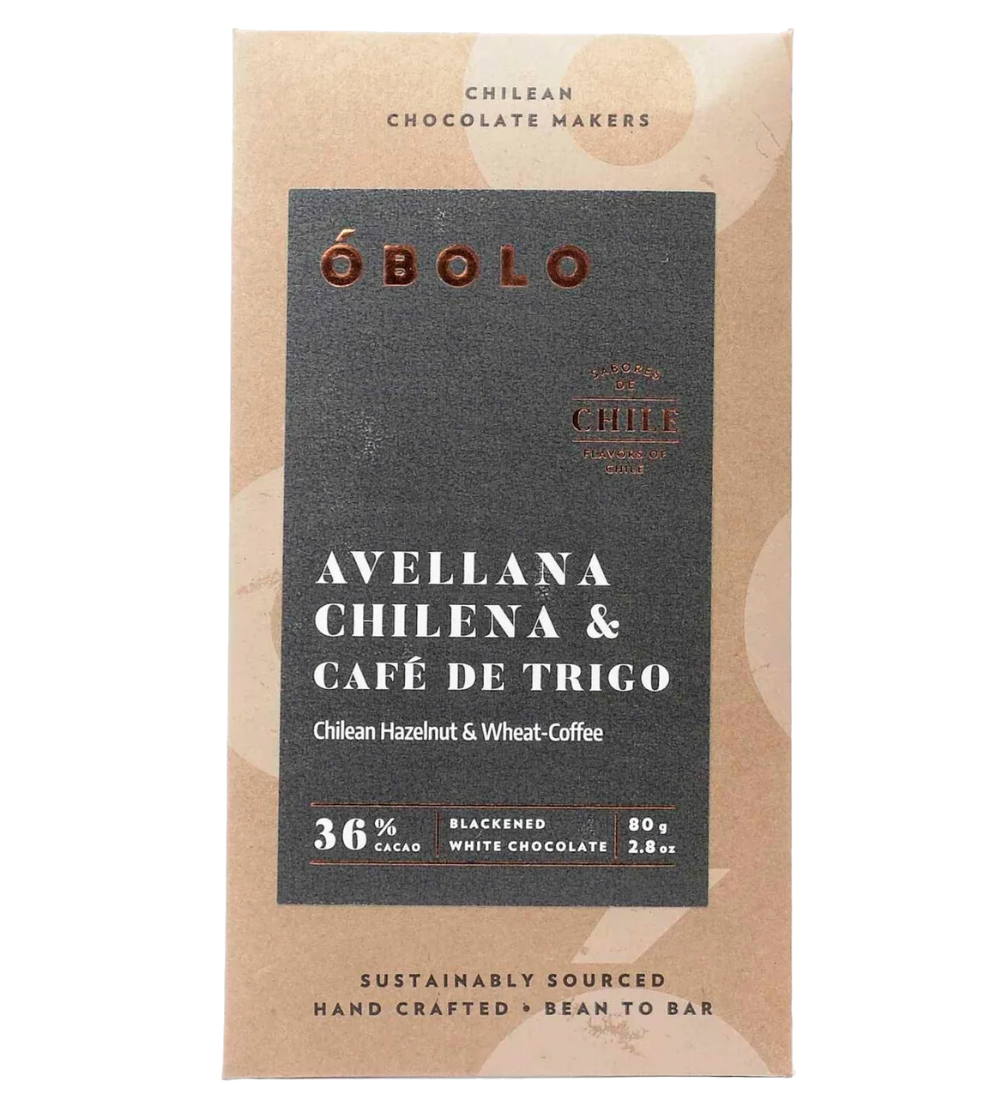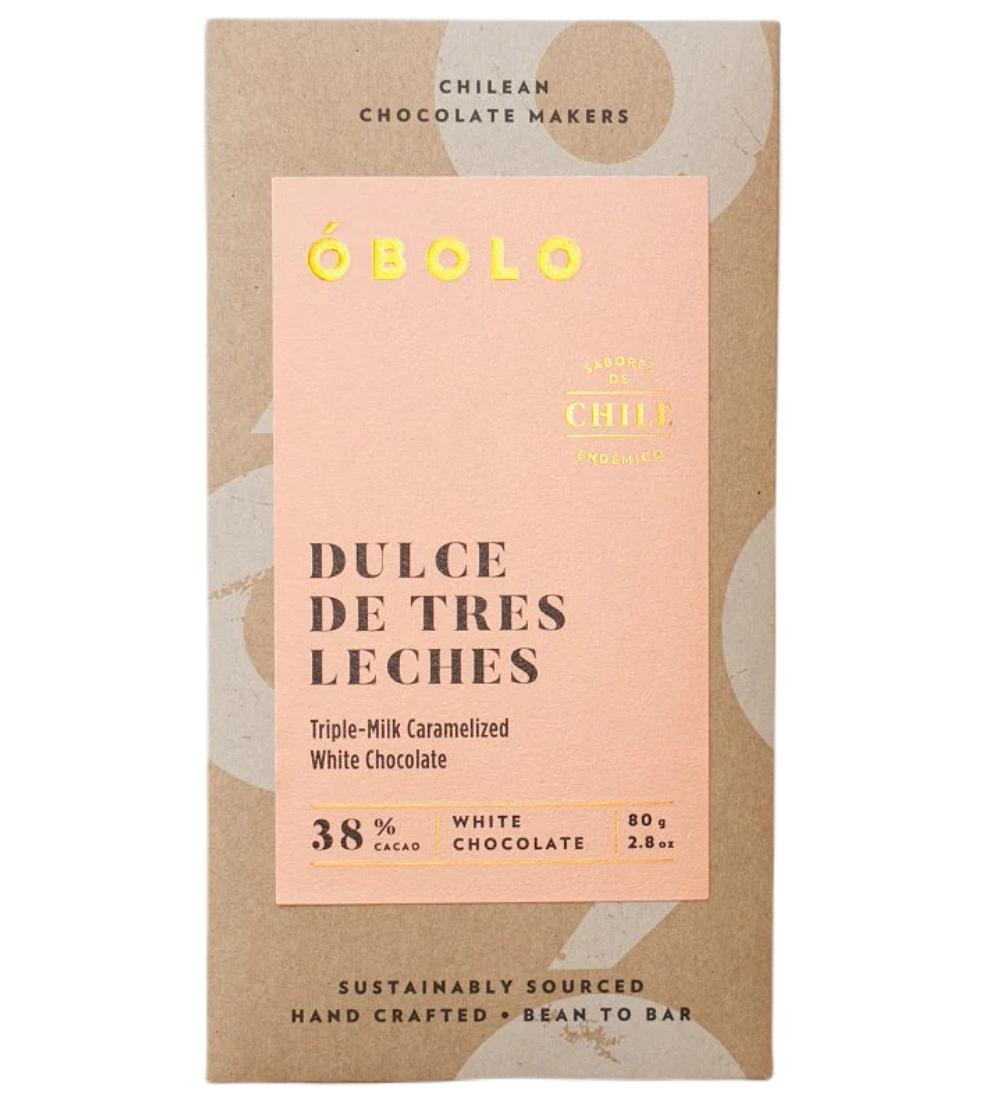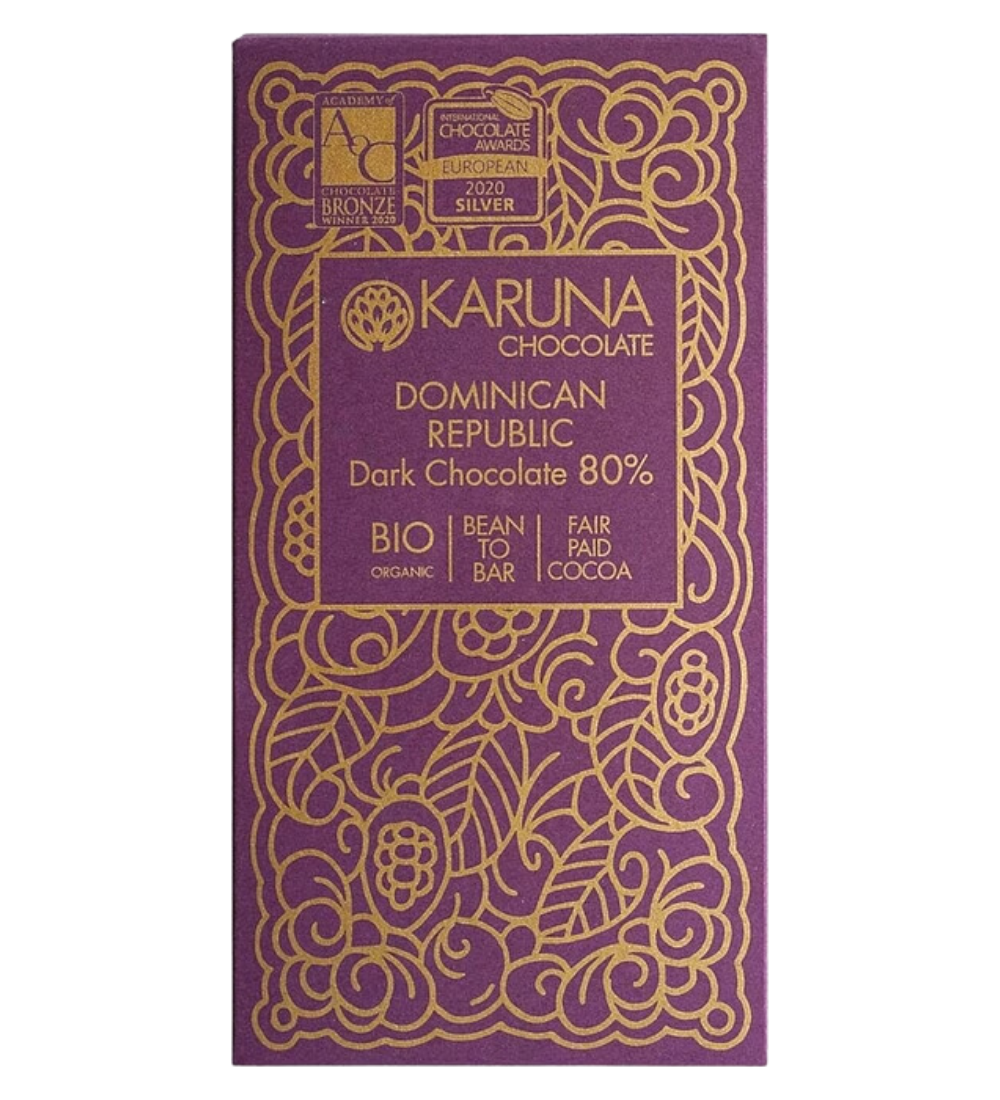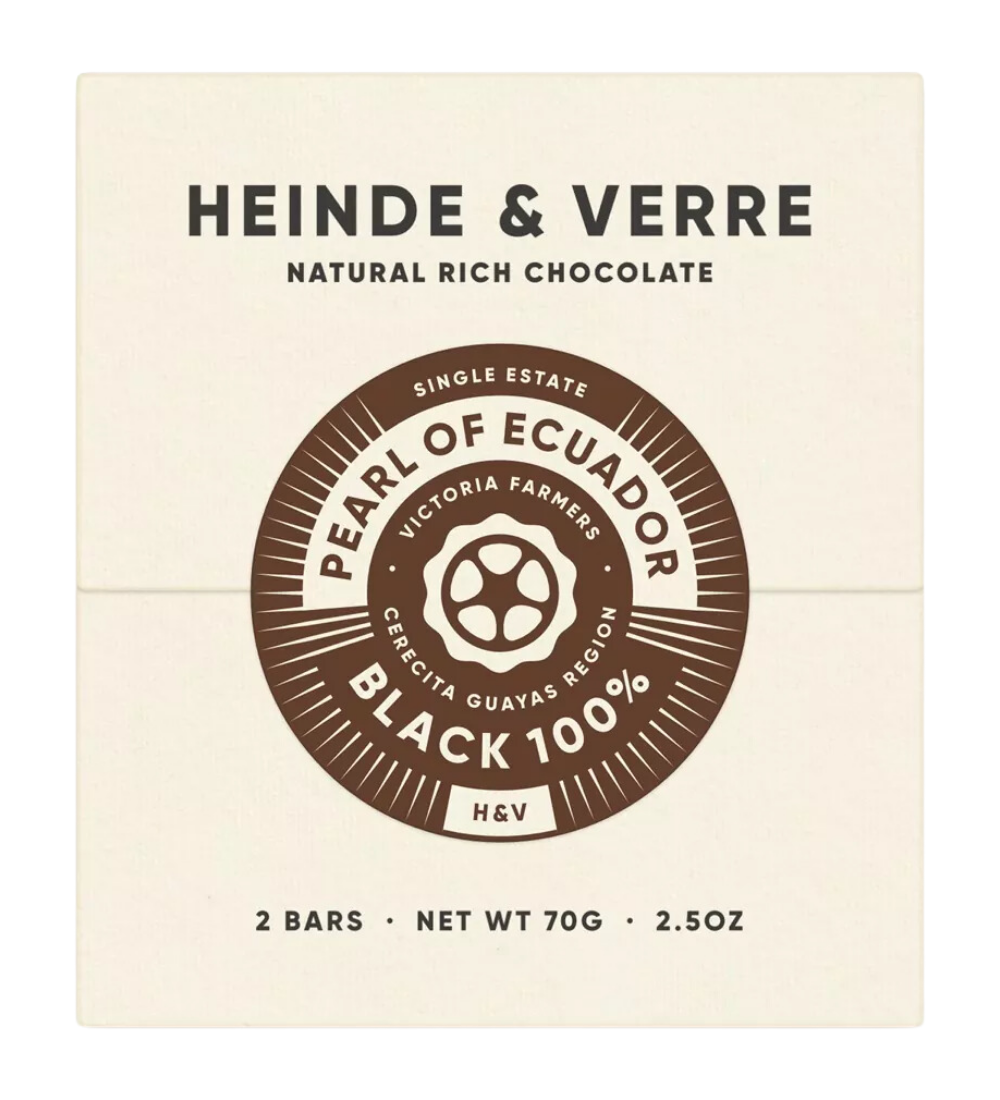Maraná Piura Dark 70%
Cocoa Origin: Peru
Producer Country: Peru
Weight: 70 g
Adding product to your cart
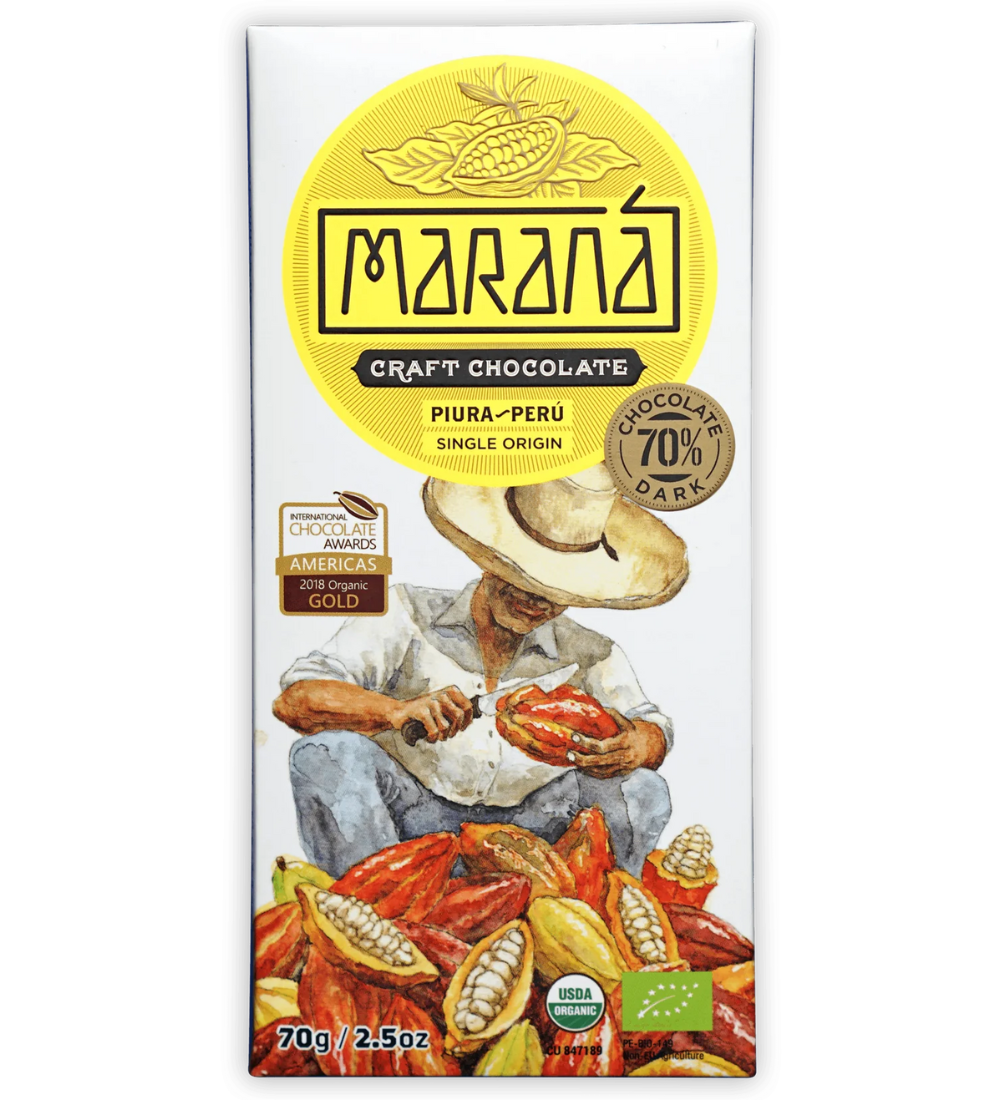
Maraná Piura Dark 70%
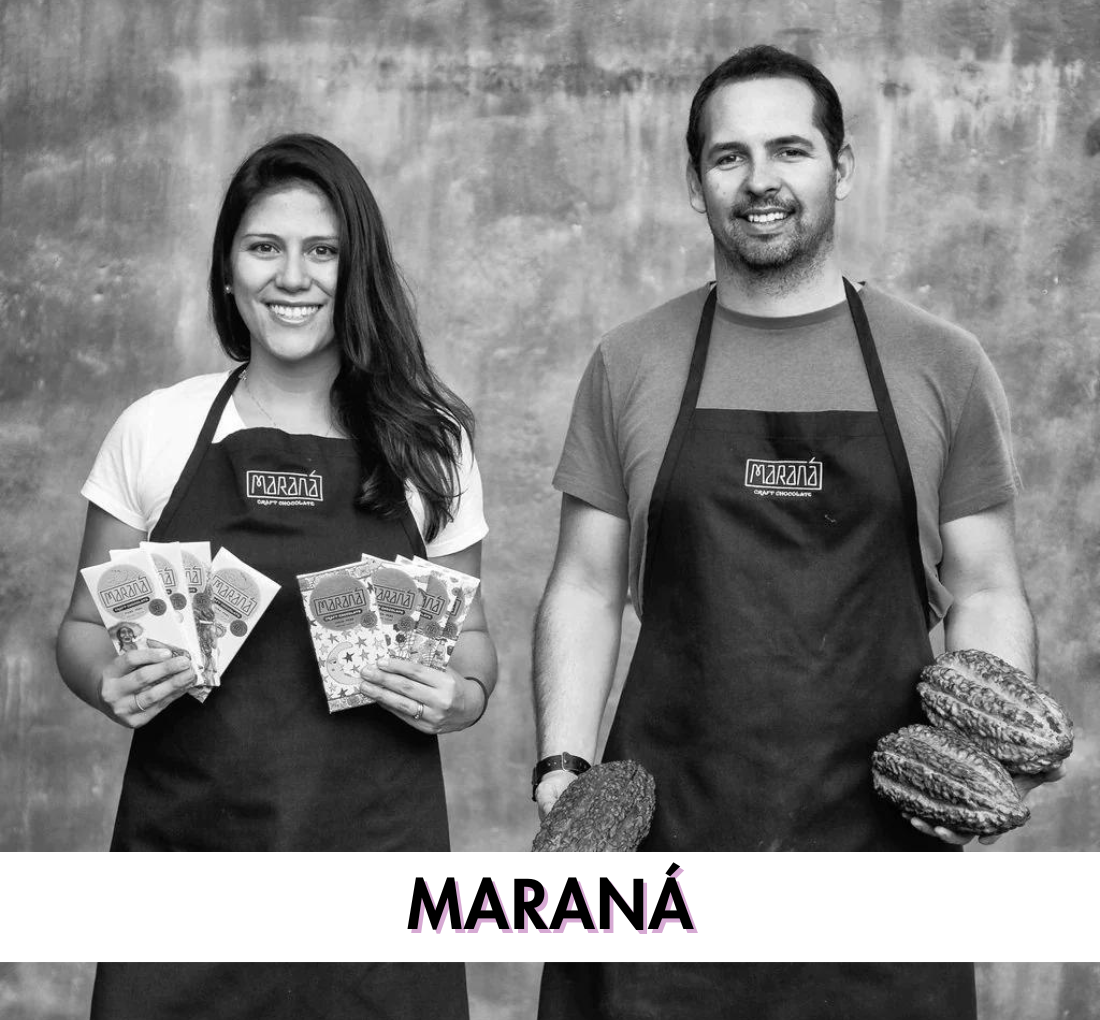
Peruvian cocoa beans are often considered the rockstars of the cocoa world, coveted by makers worldwide. Despite this, craft chocolate making in Peru is fairly new and still relatively rare, and Maraná was among the first to produce “made at origin” bars in Peru. Led by the husband and wife team of Zulema and Giuseppe, Maraná takes direct trade to the next level by regularly visiting farms, meeting with growers, and working alongside them to improve yields and quality. What I most love about Maraná, however, is their deep pride in Peru and their commitment to showcasing the country's diverse regions and native cocoa beans. Each bar, whether from Piura, San Martin, or Cusco, highlights the unique characteristics of its geography and beans, offering a truly distinctive tasting experience. Their packaging features Peruvian art forms from these regions, a deliberate choice to further express Peru’s rich culture. Plus it ain’t too shabby that all their bars are crafted with certified 100% organic ingredients.
Shop More MaranáPiura, situated in northwestern Peru and bordered by Ecuador to the north and the Pacific Ocean to the west, boasts South America's westernmost point and the lowest point in the Southern Tropics. Its unique geography is defined by the convergence of the cold Humboldt Current and warm El Niño Current, resulting in both tropical and arid conditions, exemplified by the Sechura Desert, one of the world’s few tropical deserts. The region features a diverse landscape, including savannah-like scrub, stunning beaches, and small valleys with typical tropical climates, ideal for rice and coconut cultivation. Piura has a rich cultural history, with the Yungas, Vicús, Mochicas, and Incas leaving their mark before the Spanish established Piura as their third city in South America. This rich history has fostered a vibrant mix of mestizo, creole, and indigenous cultures. The name Piura, meaning "abundance" in Quechuan, reflects its fertile lands, while its current nickname, "The city of eternal heat," underscores its consistently hot climate.
